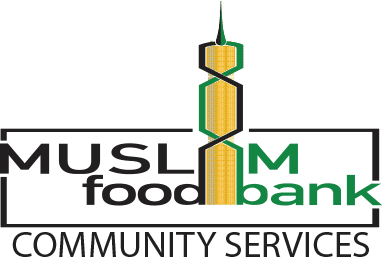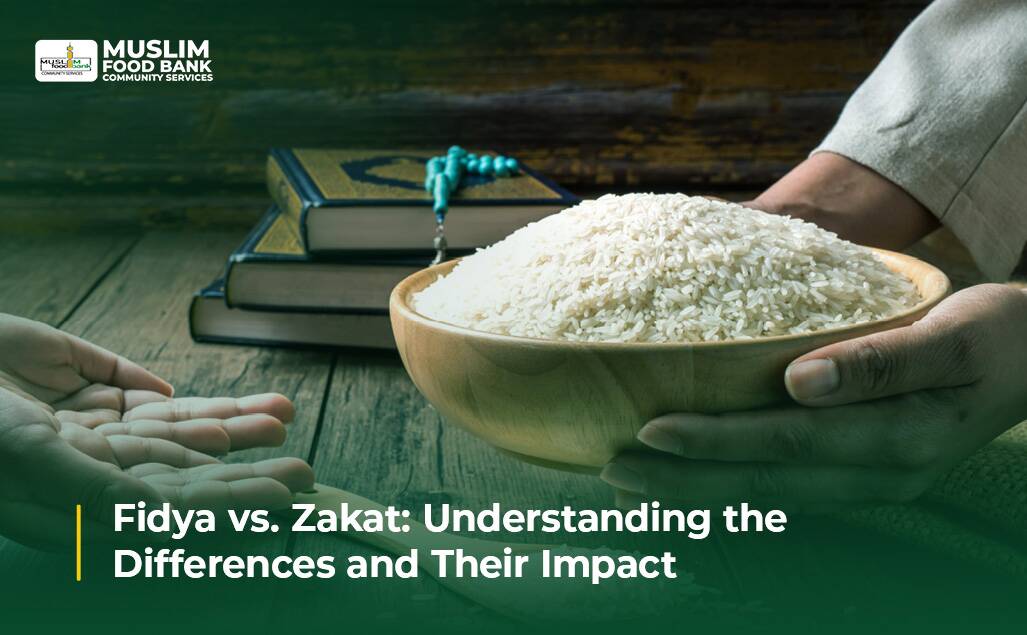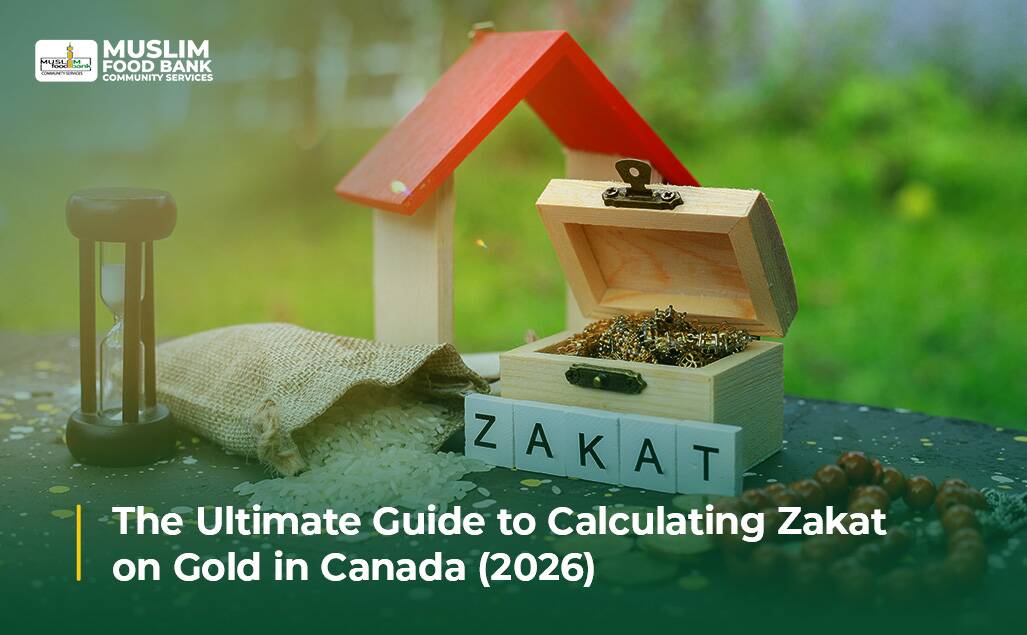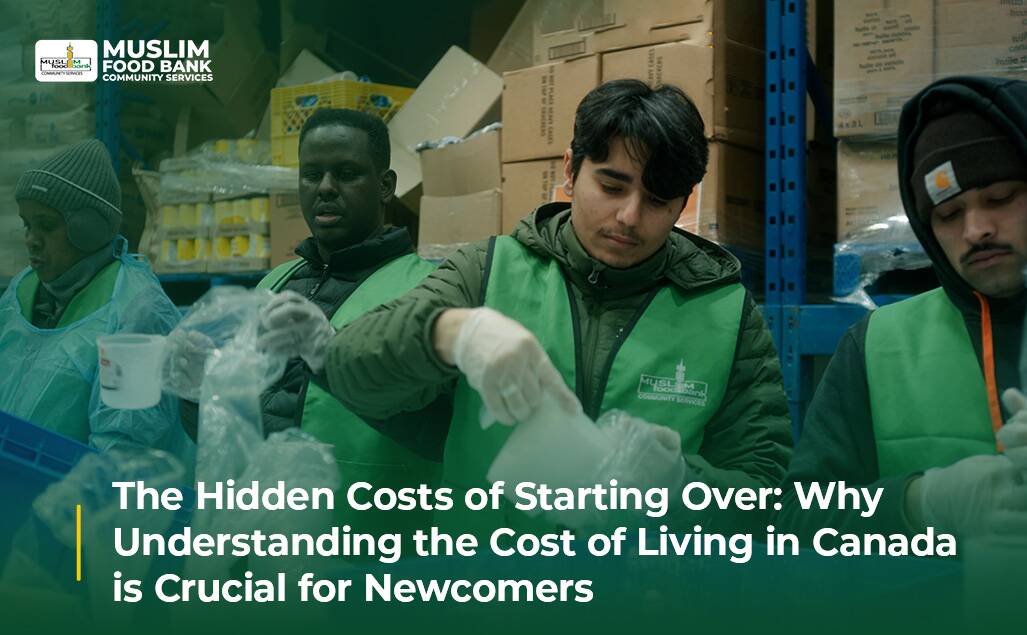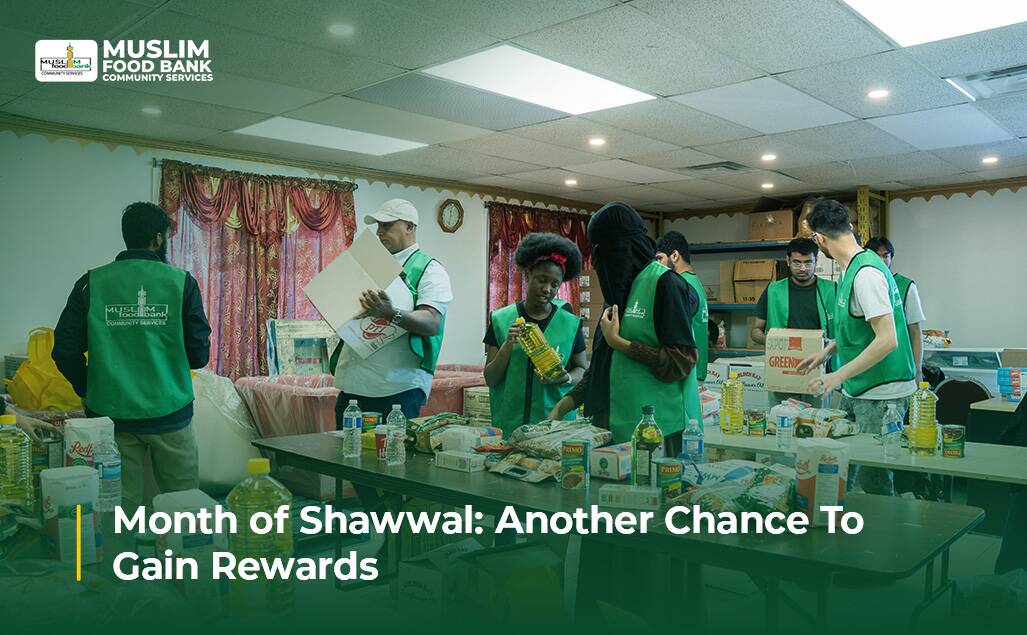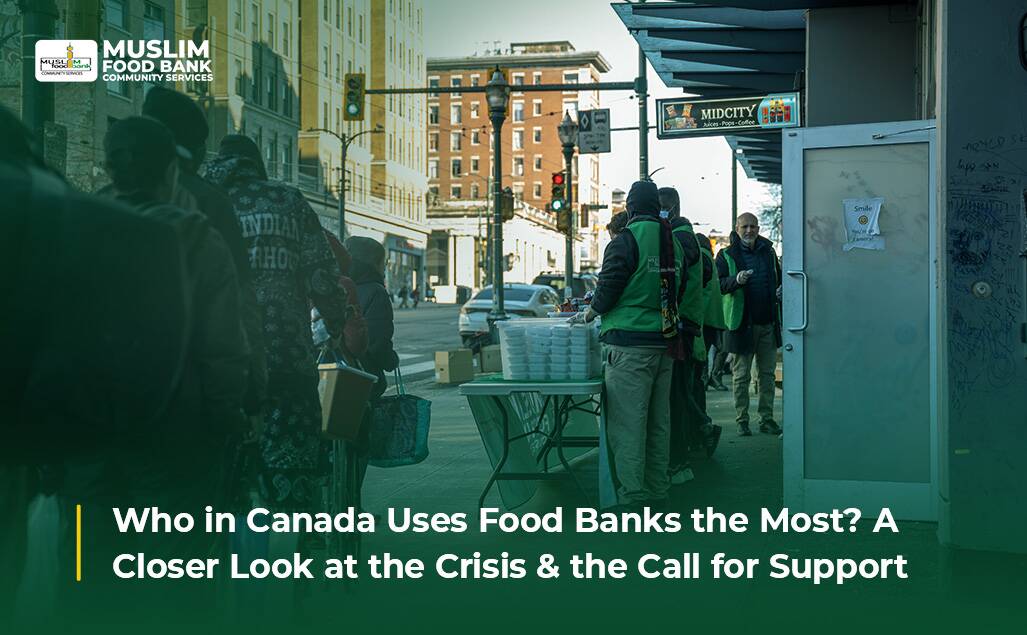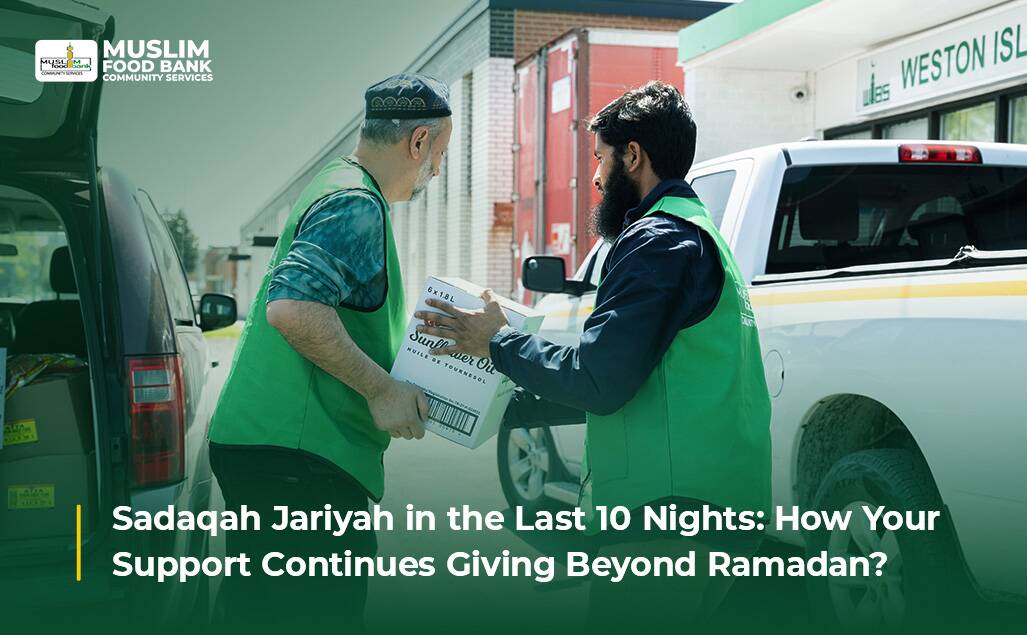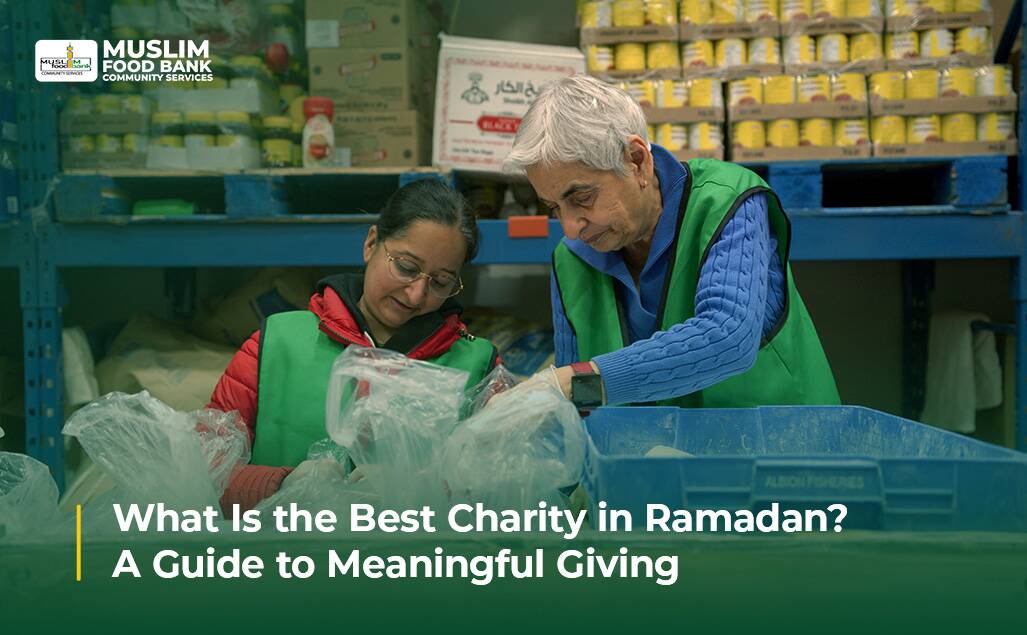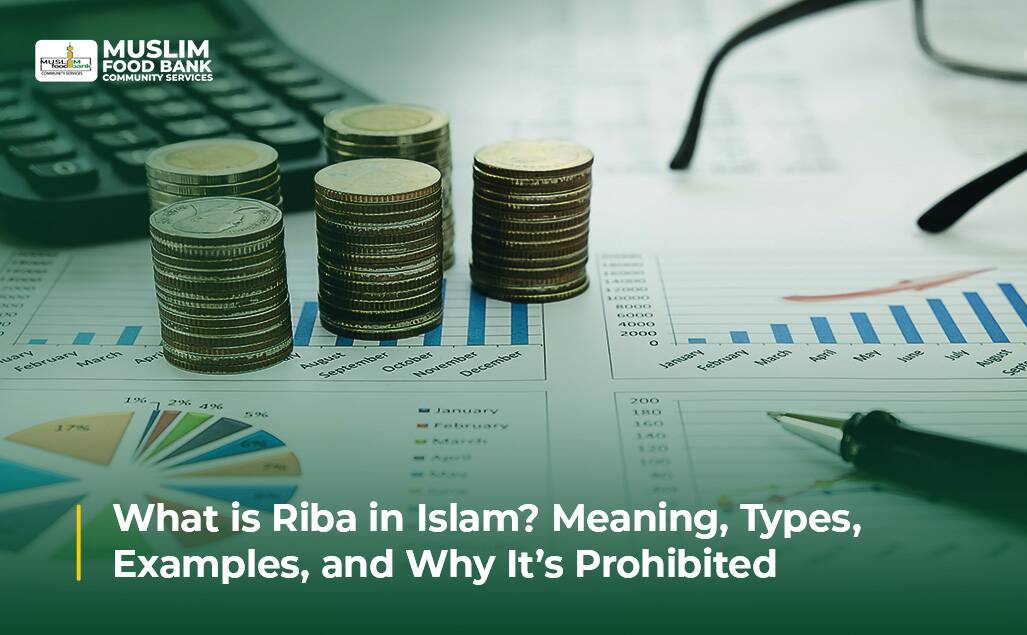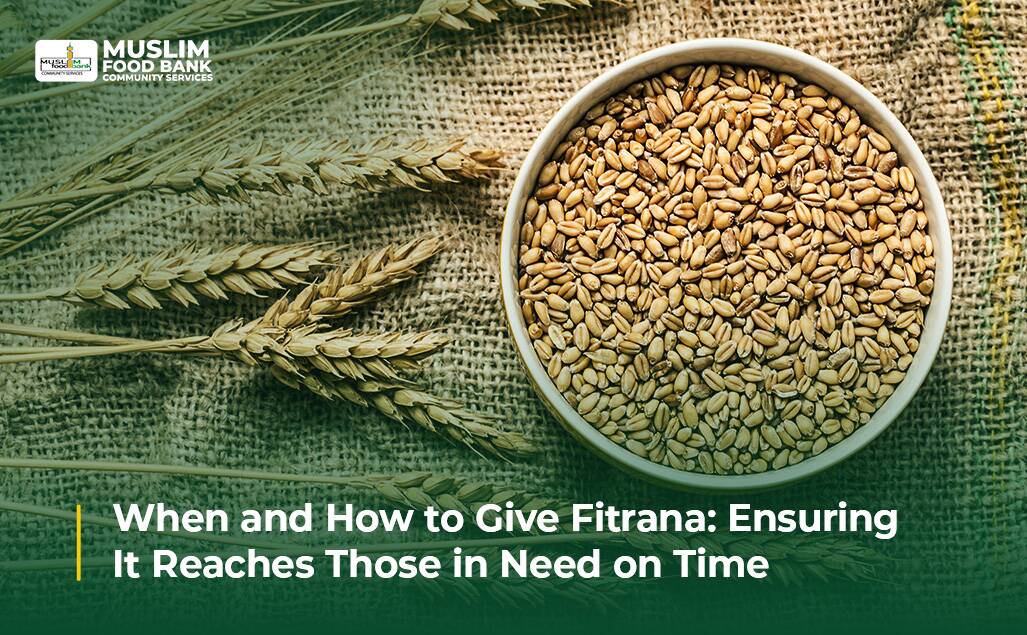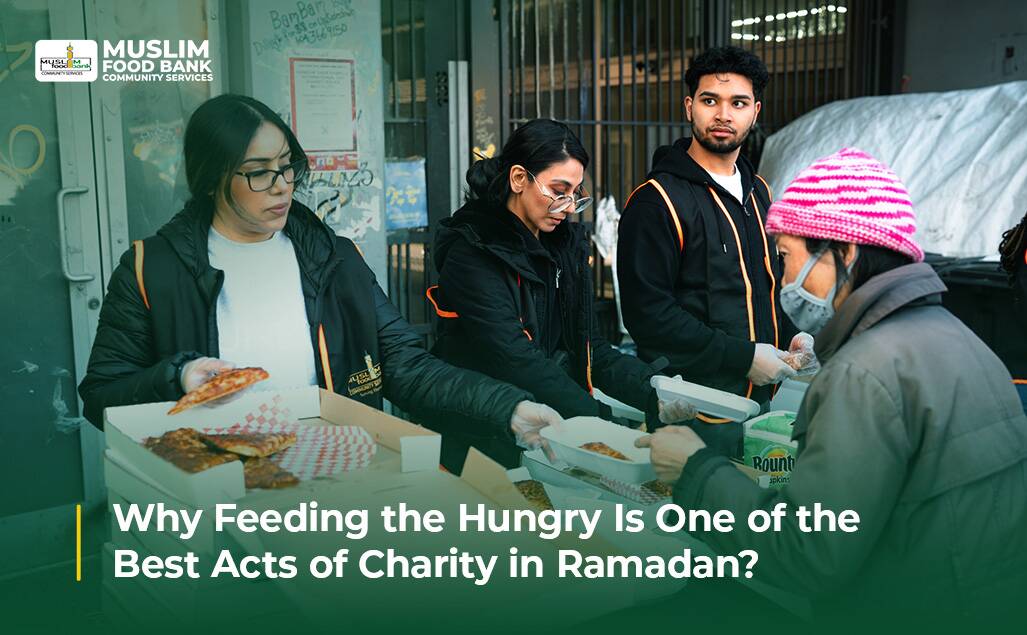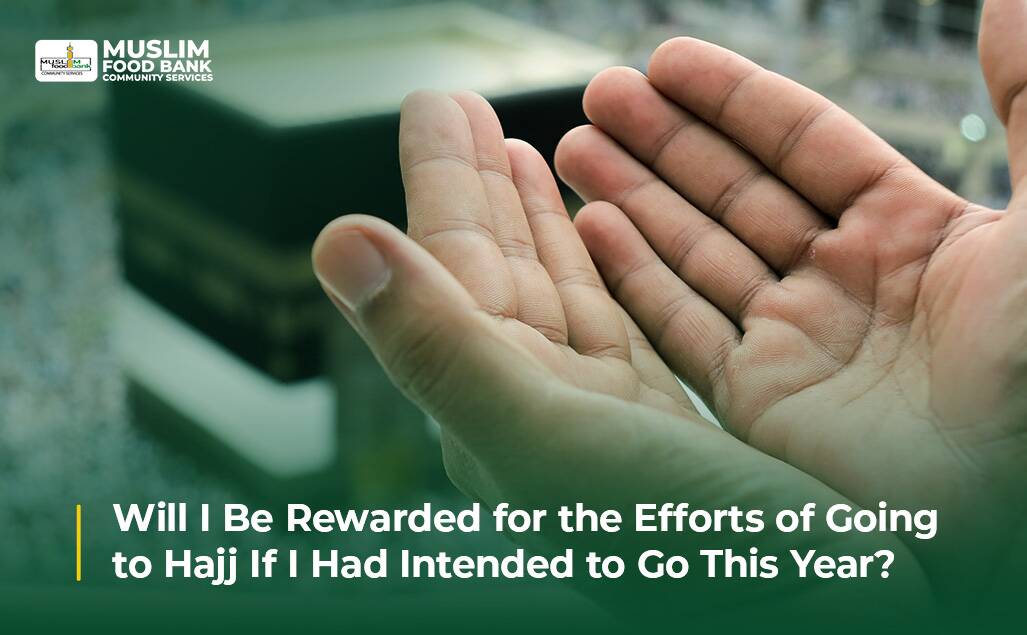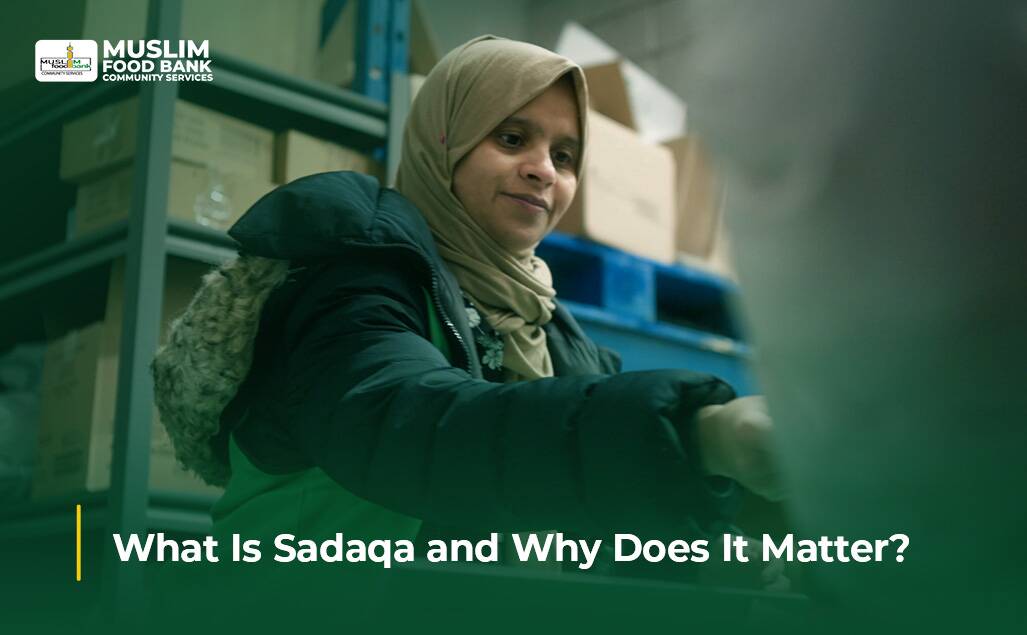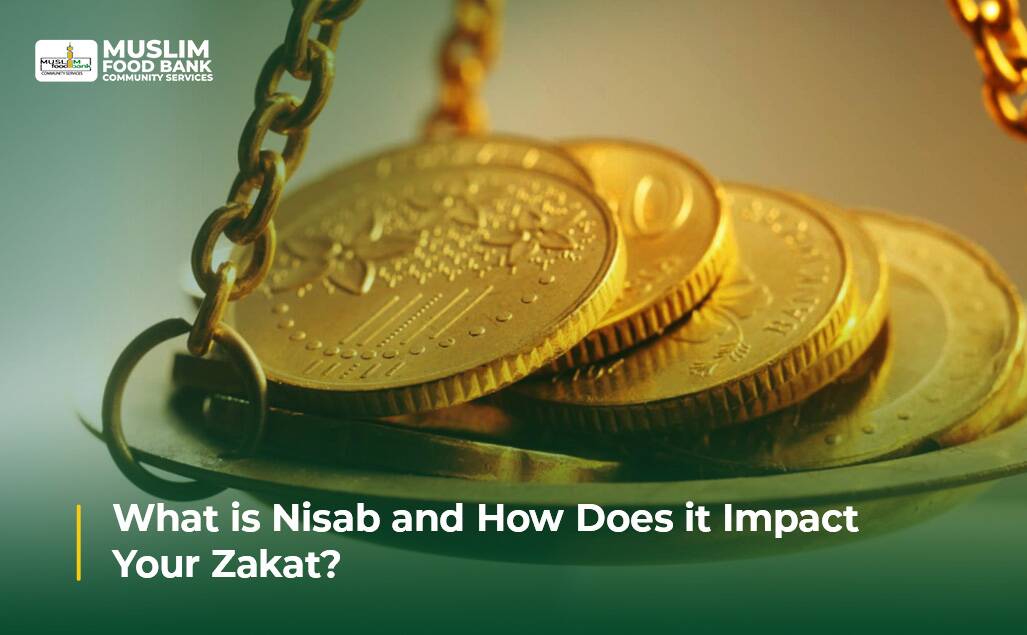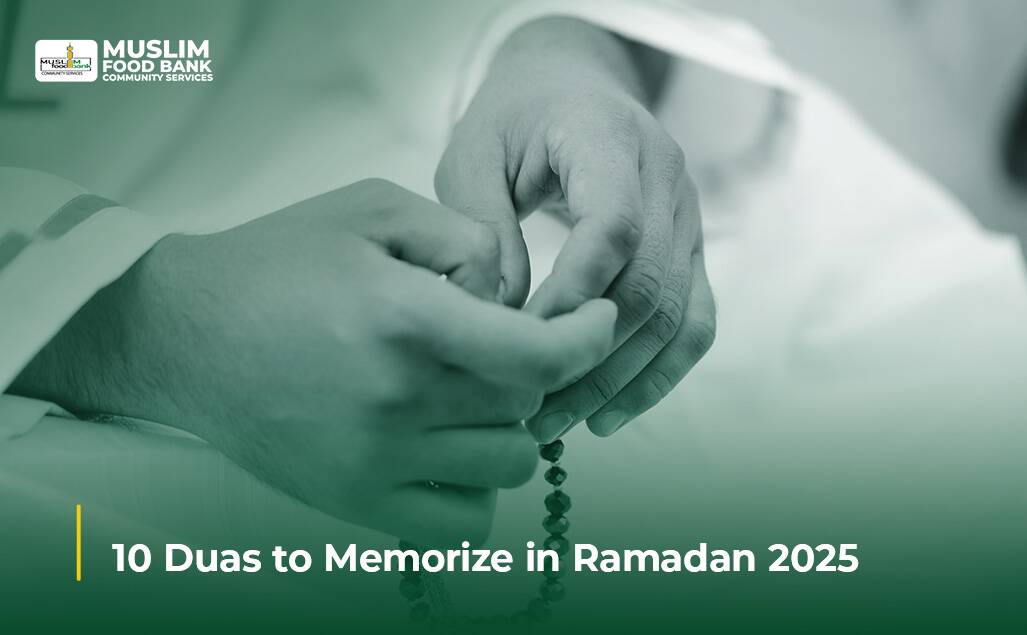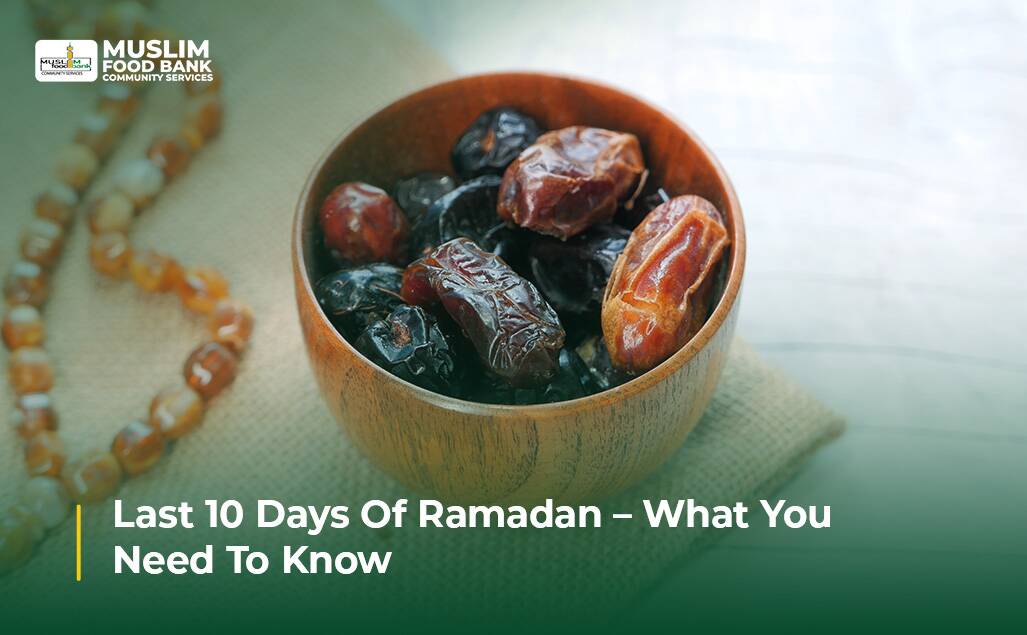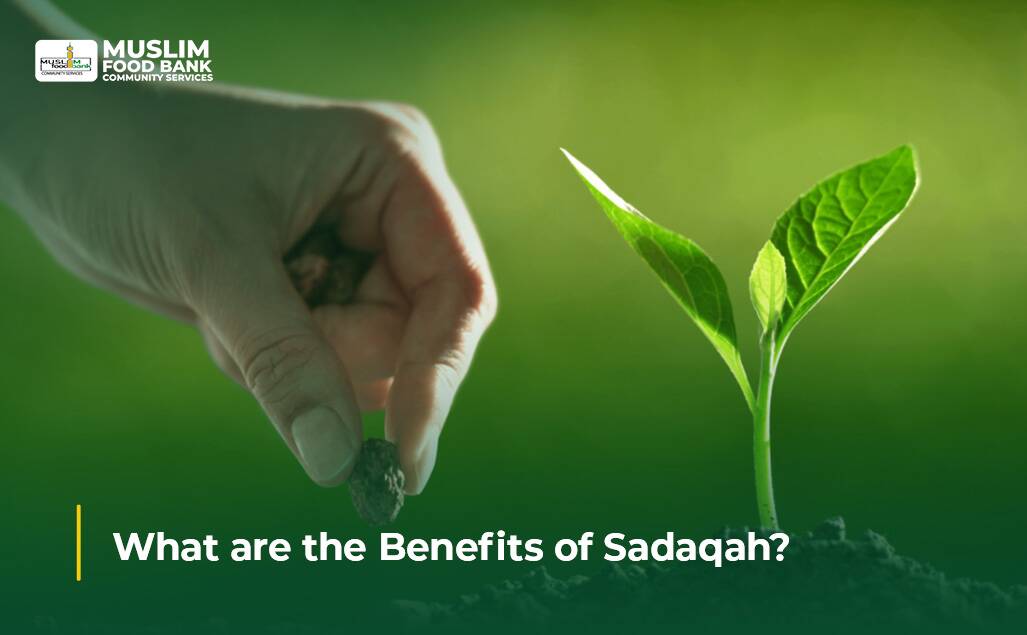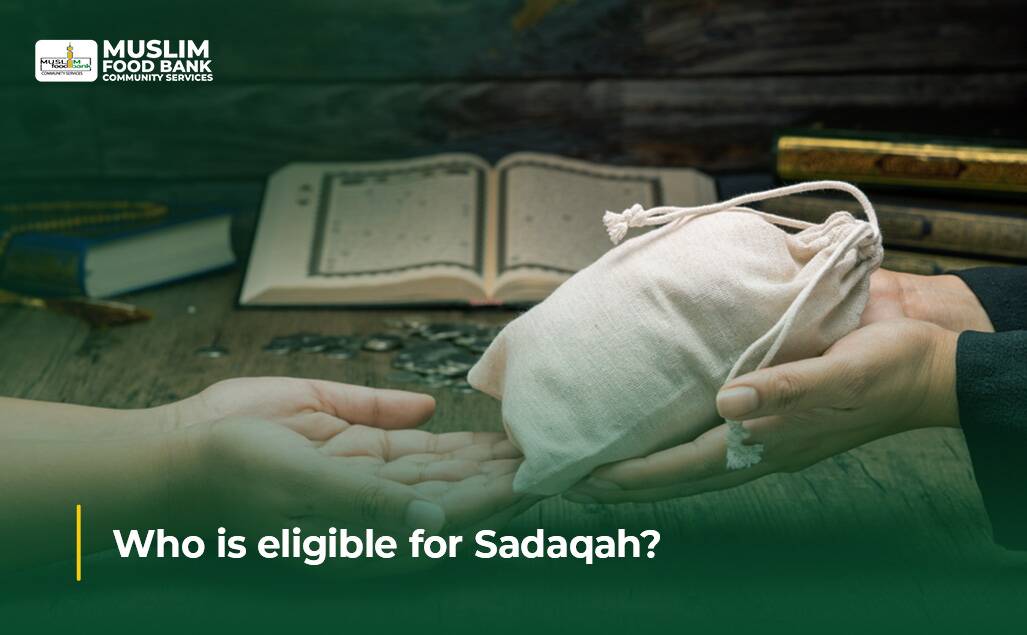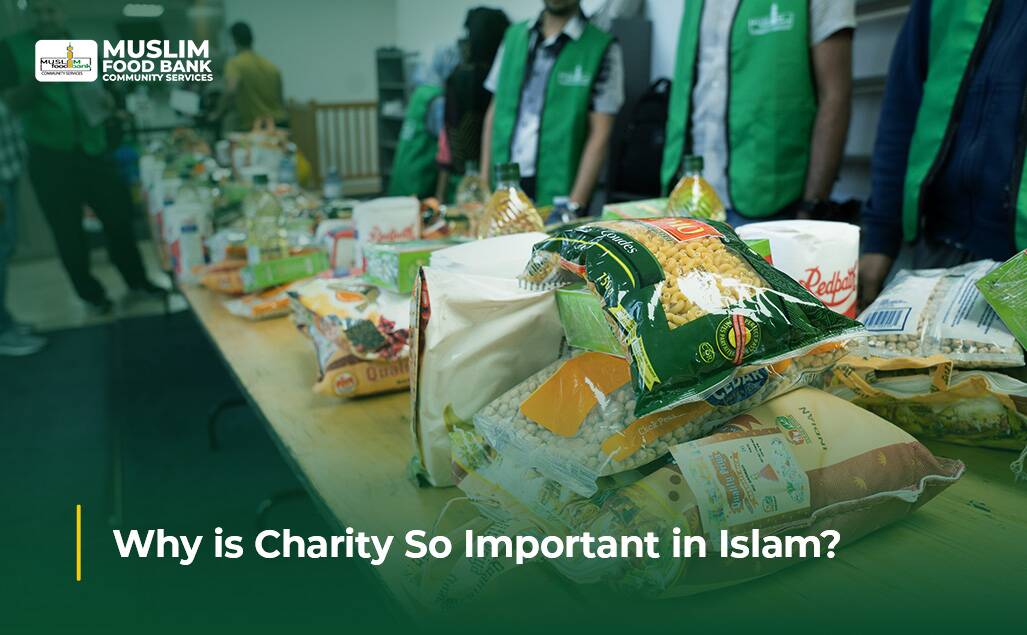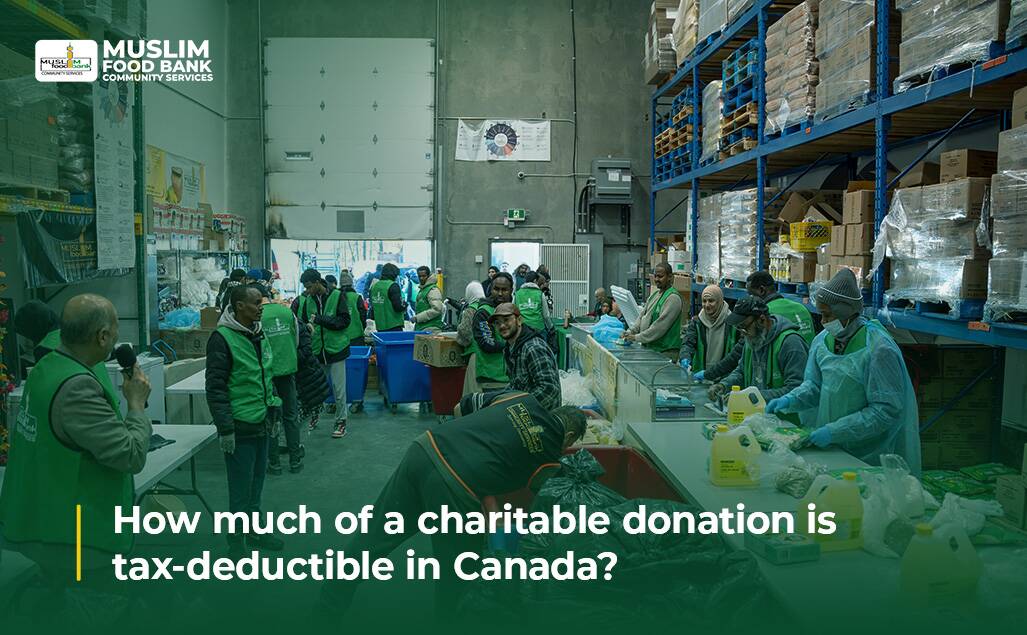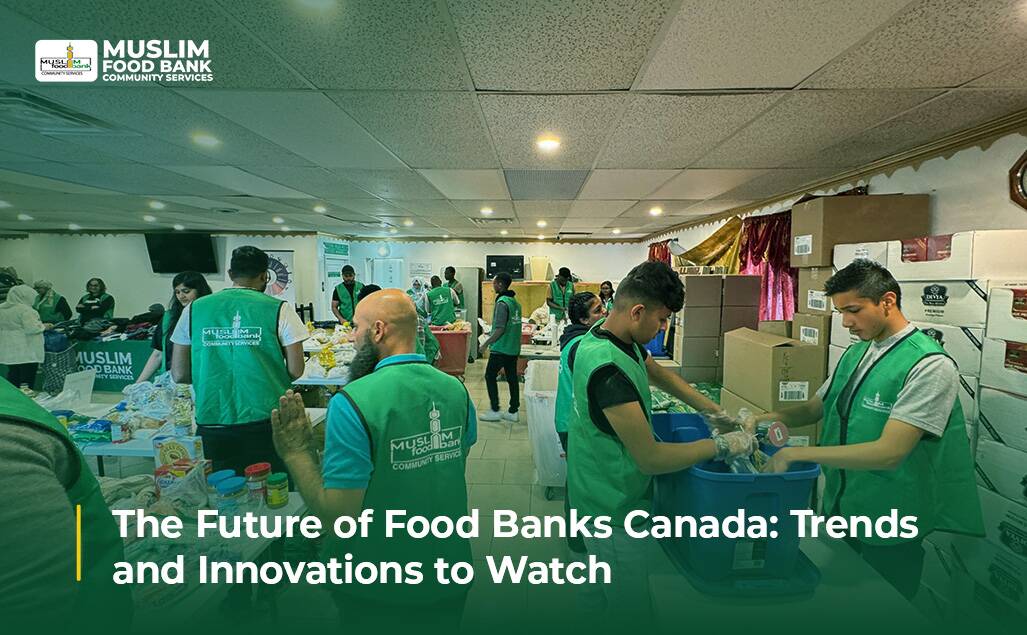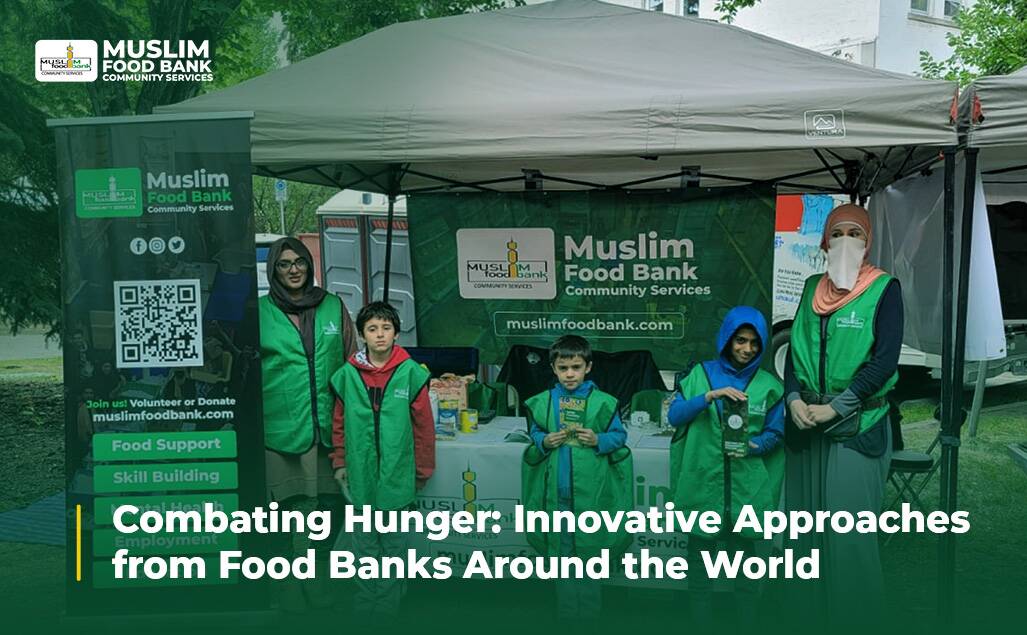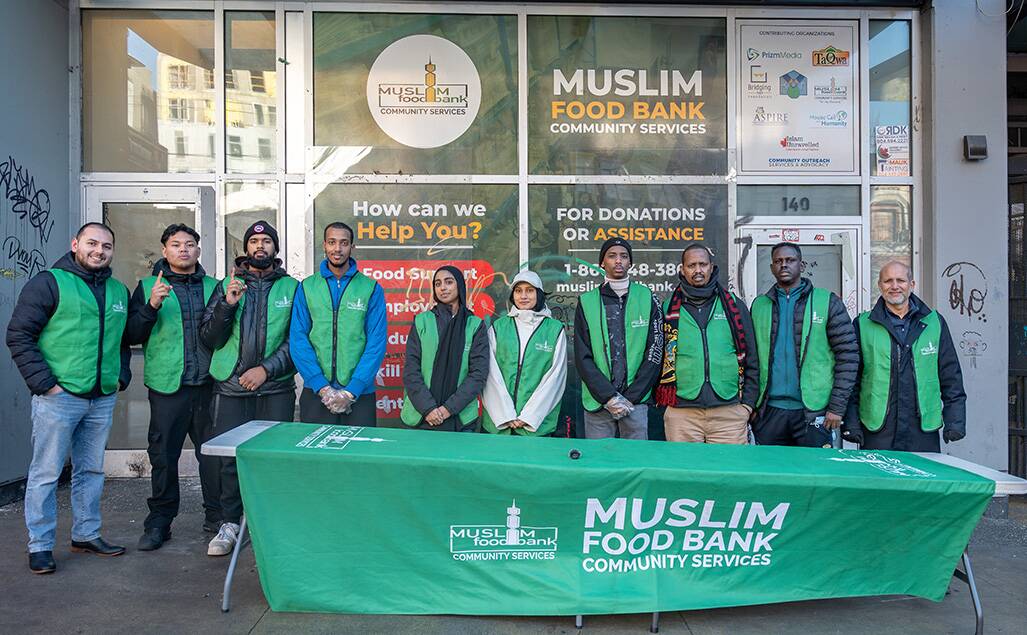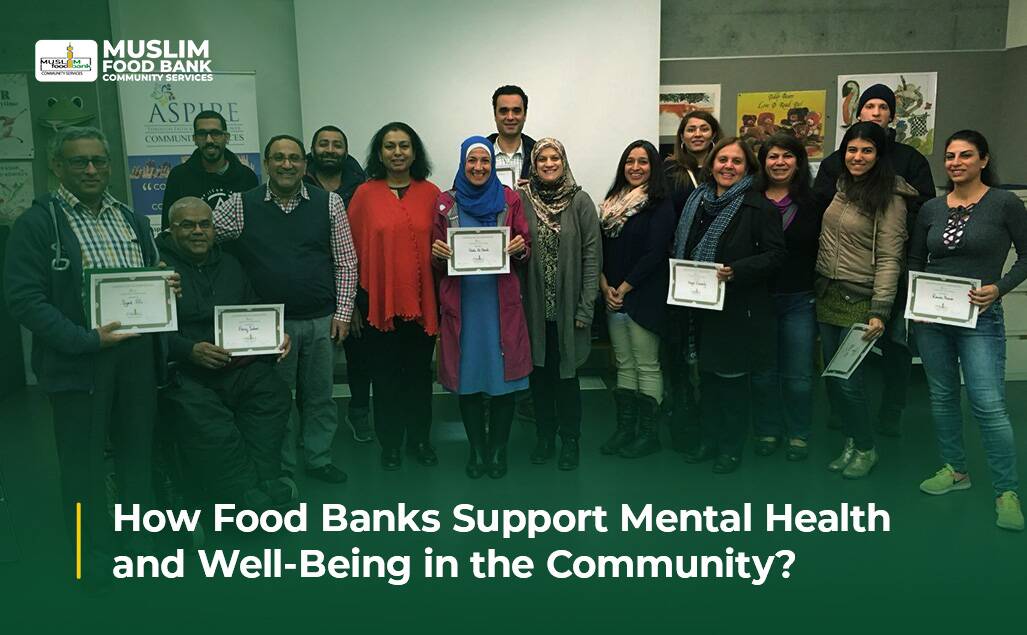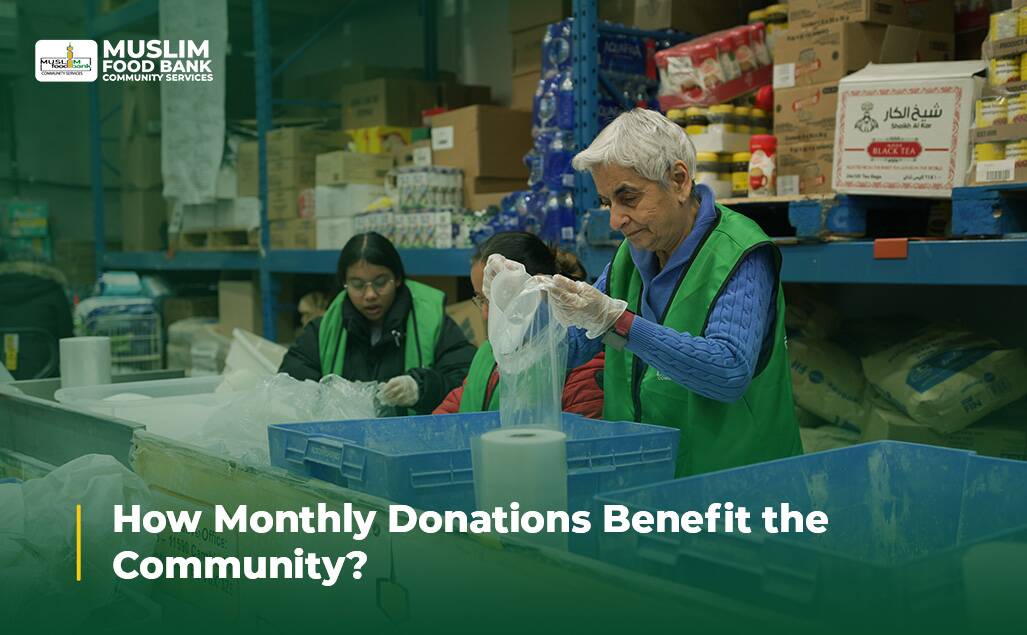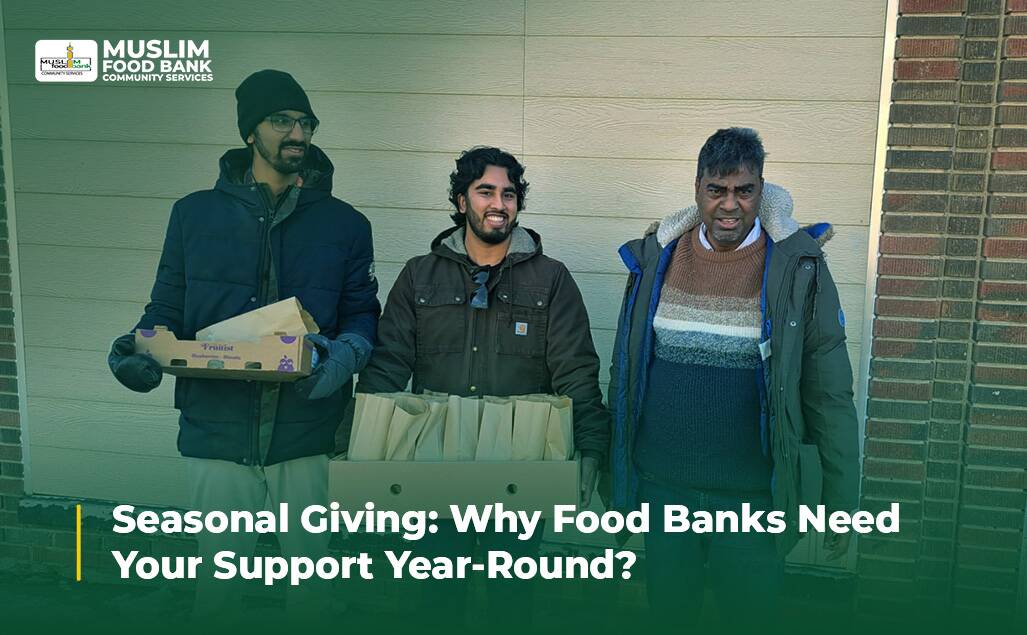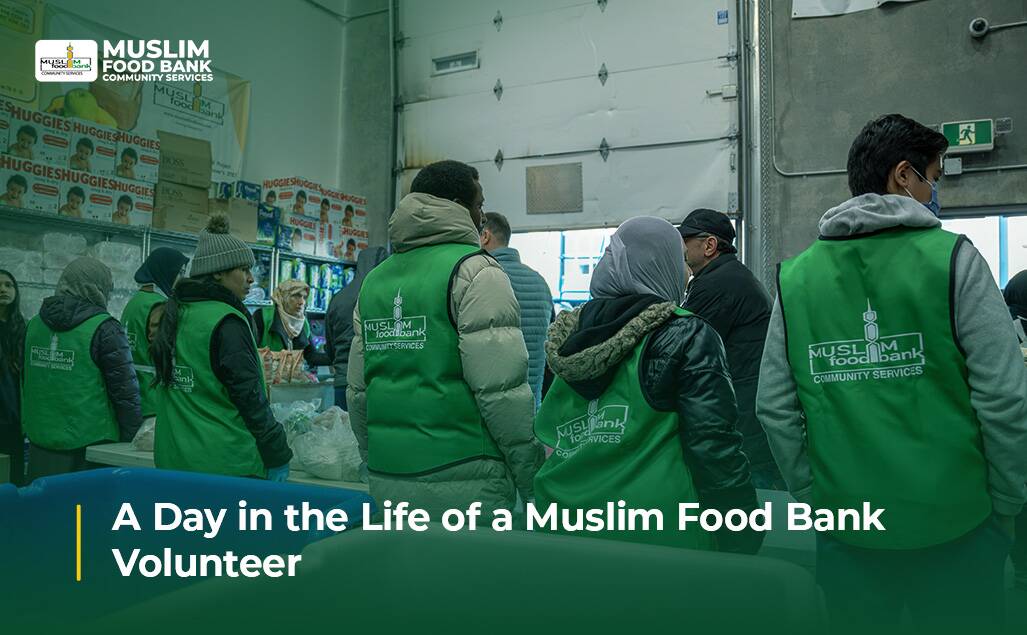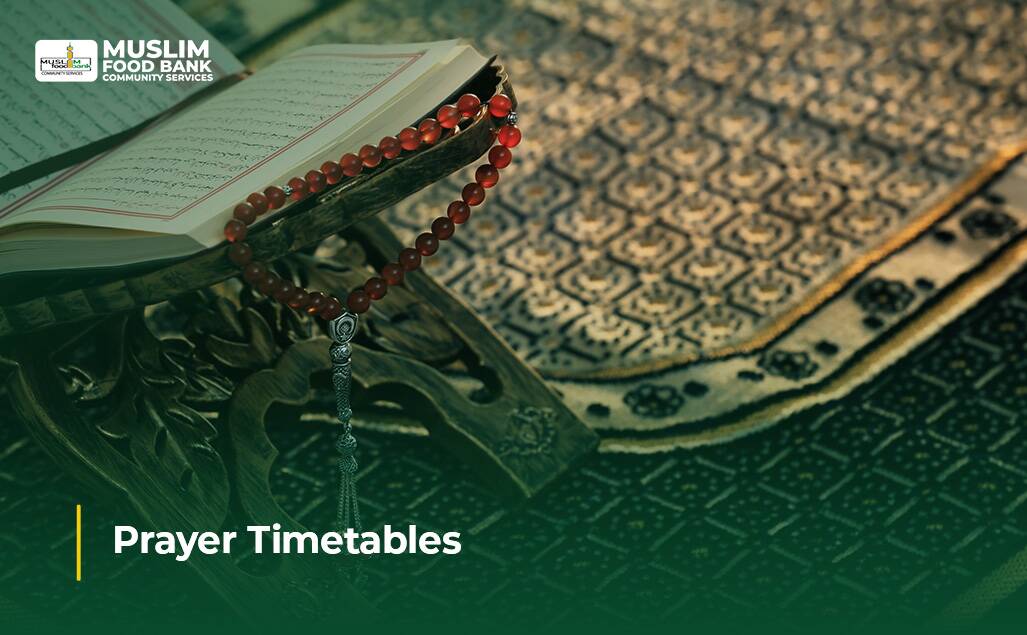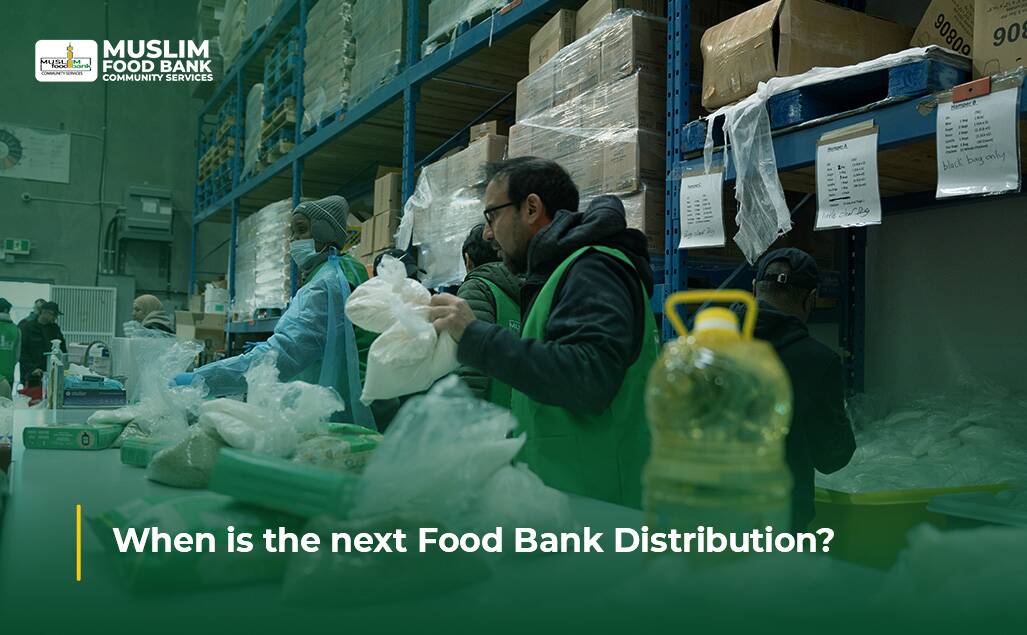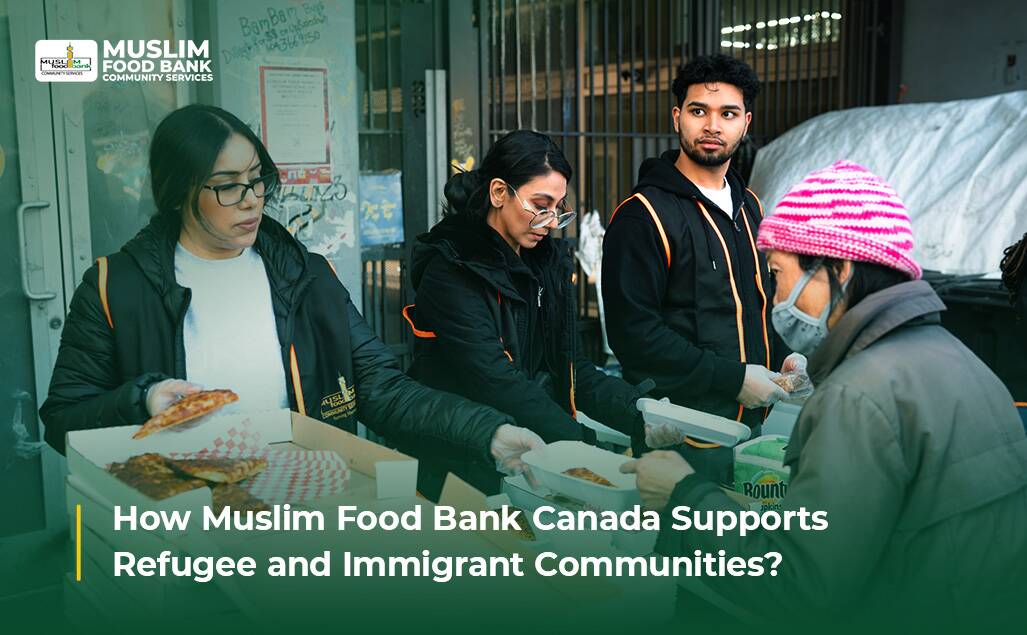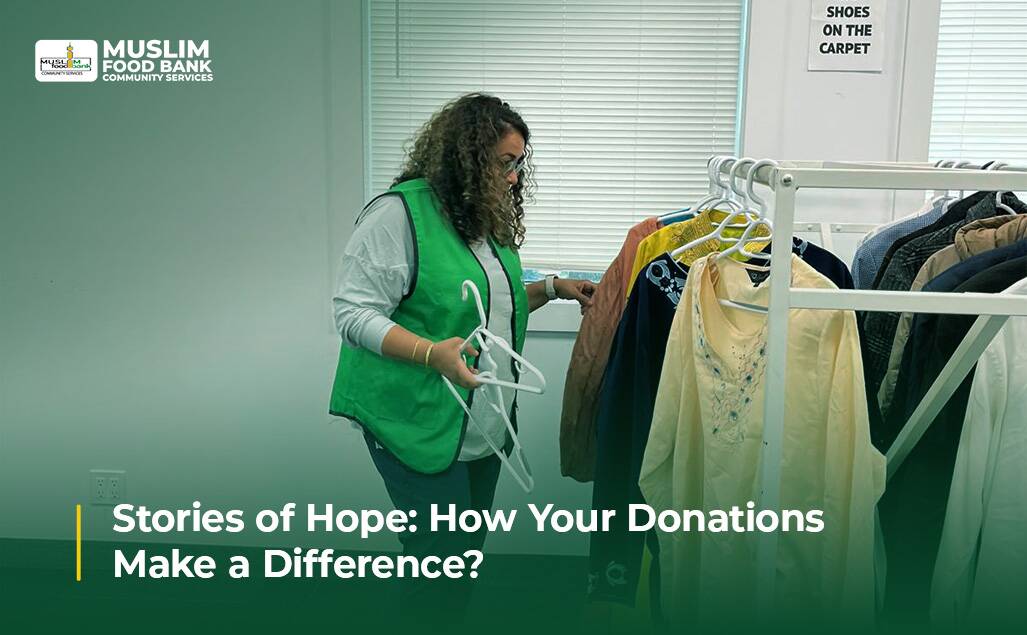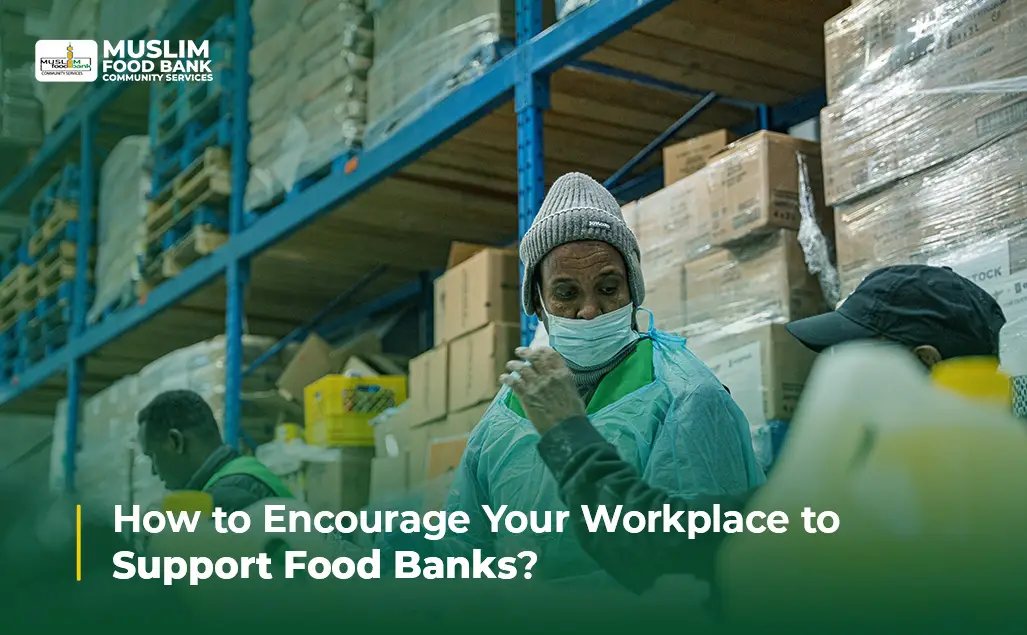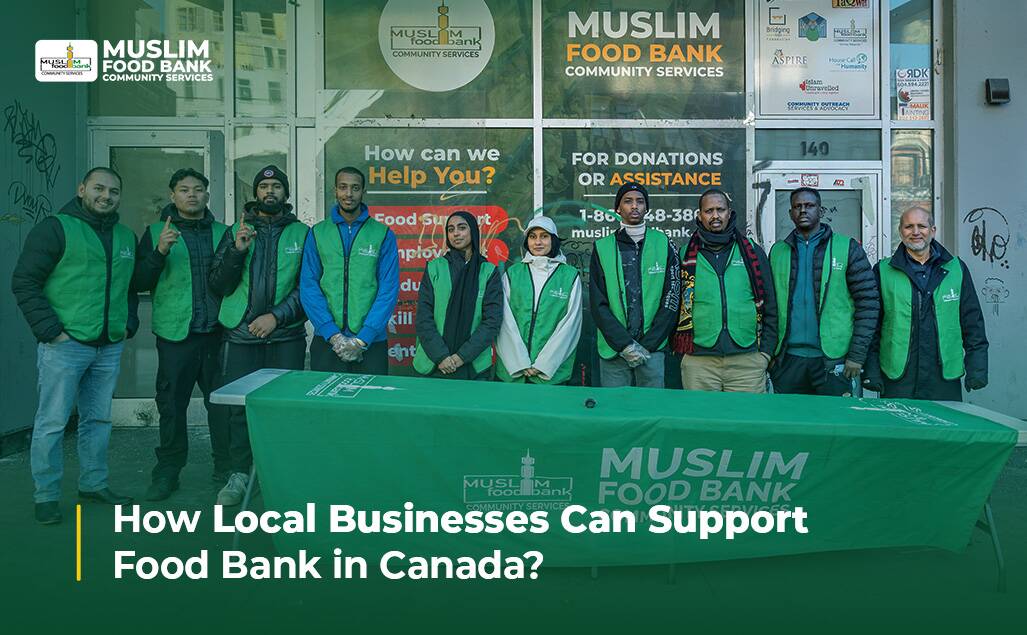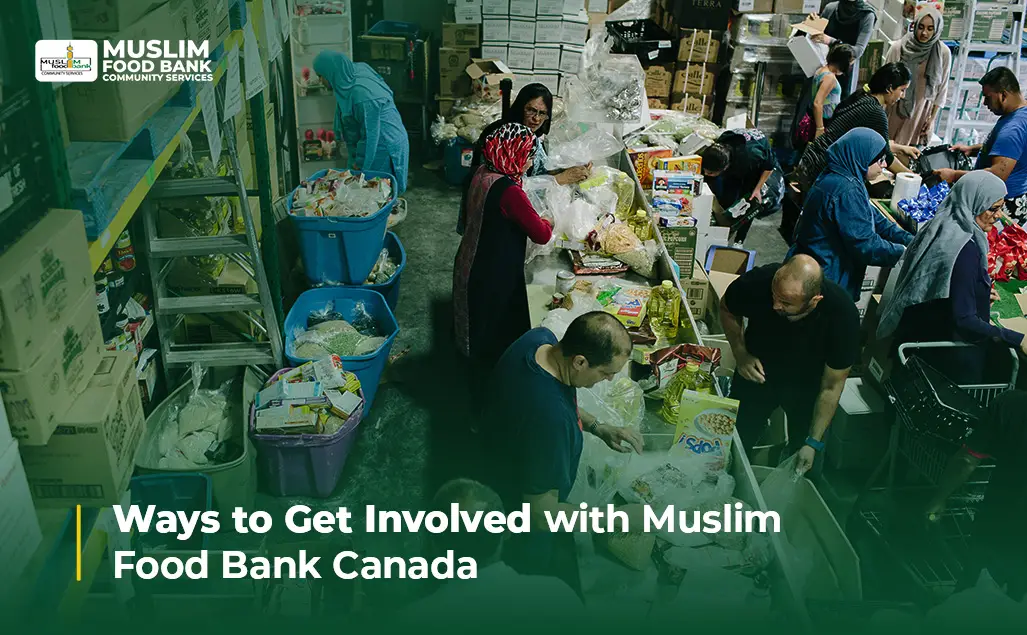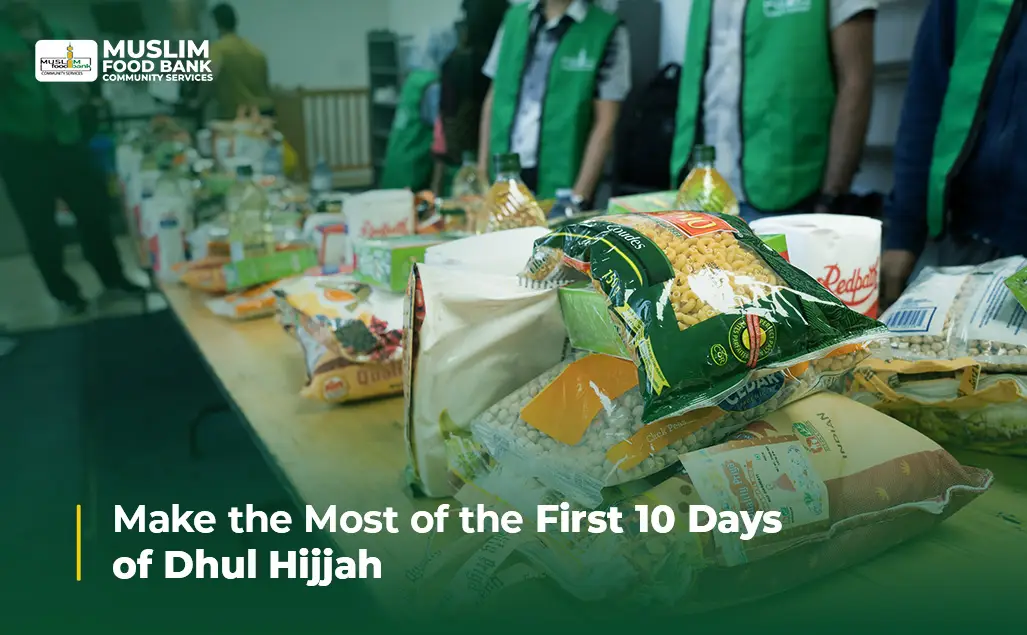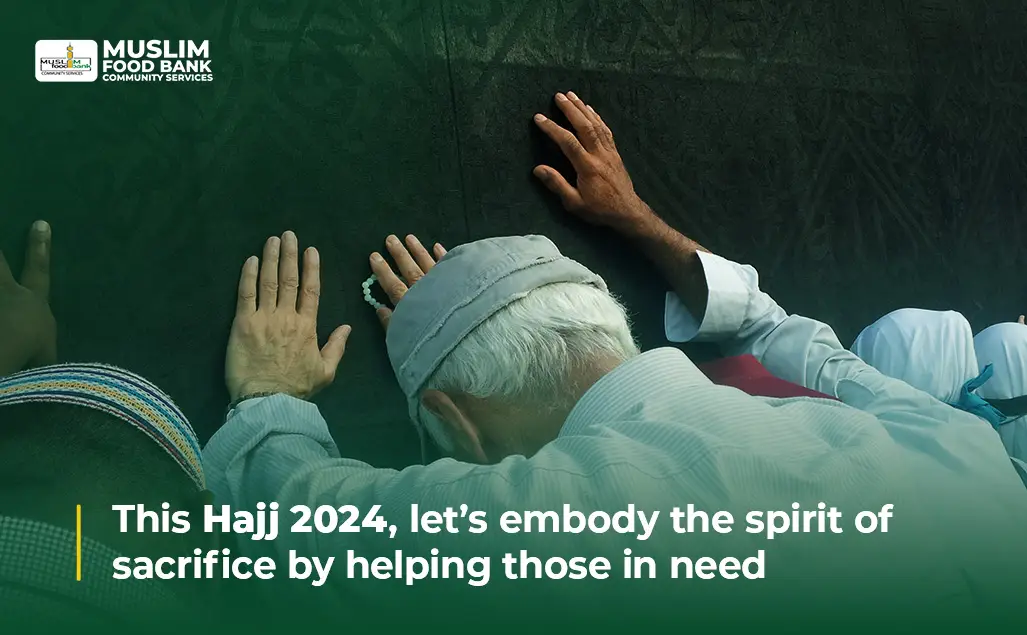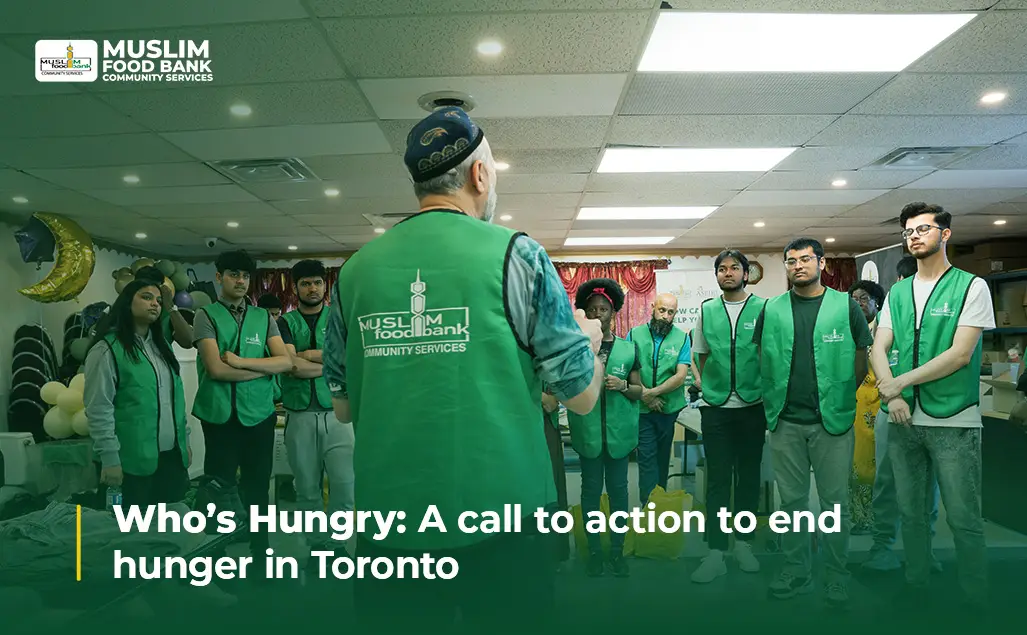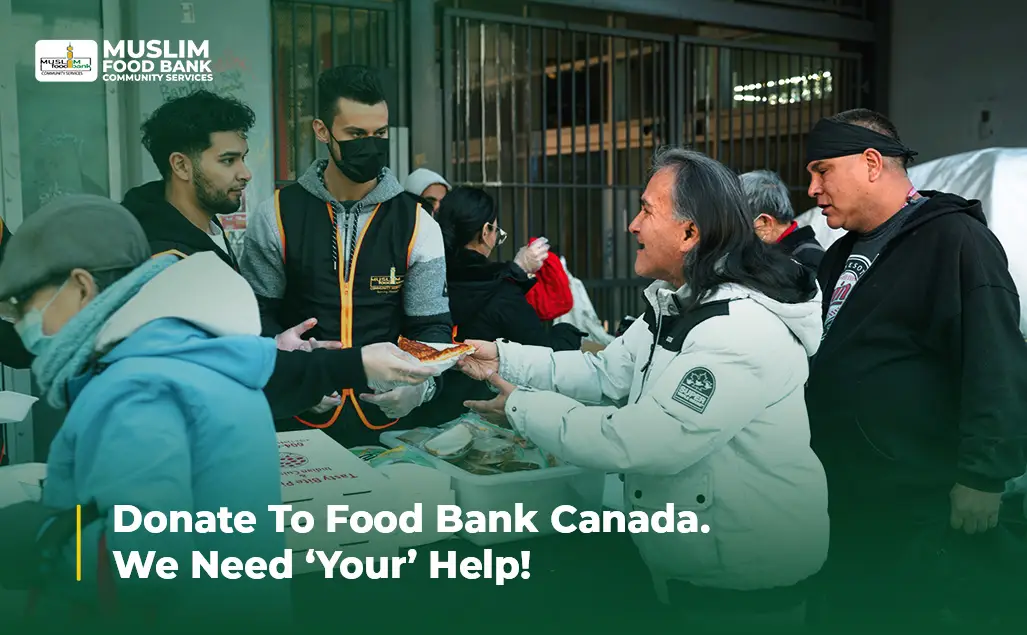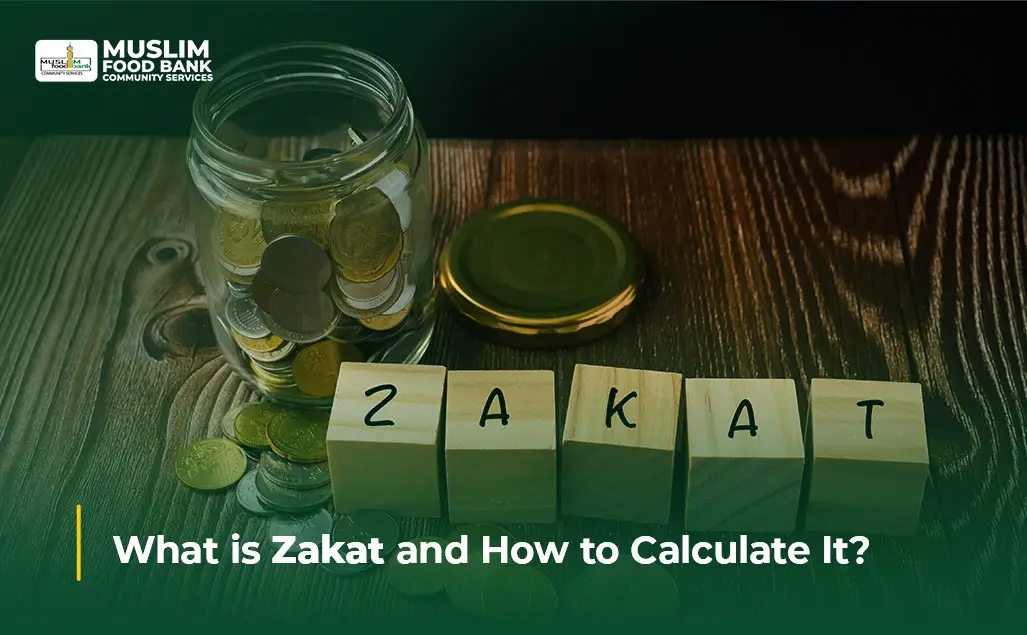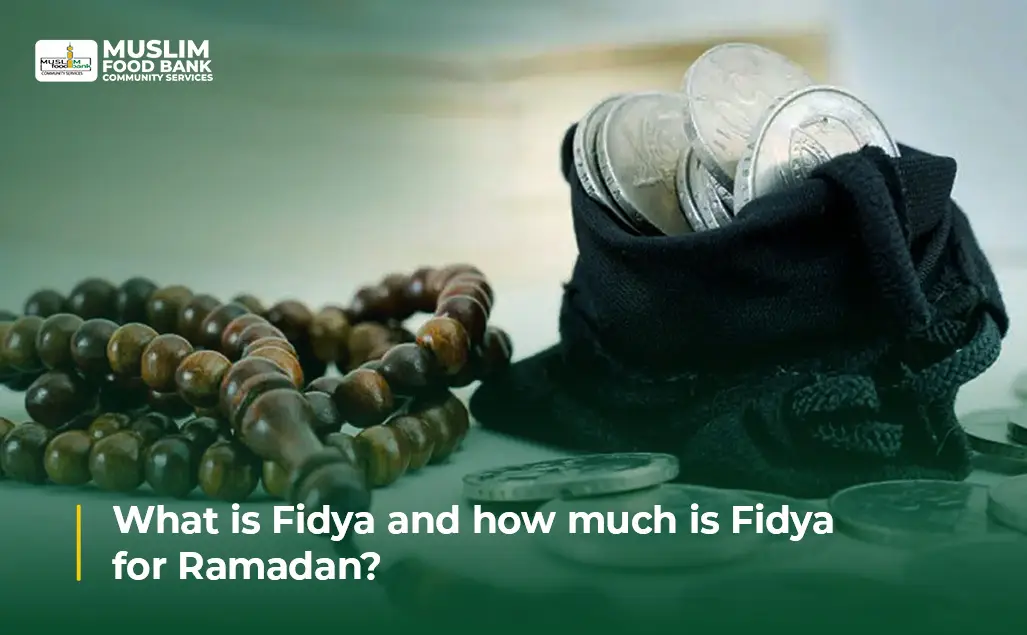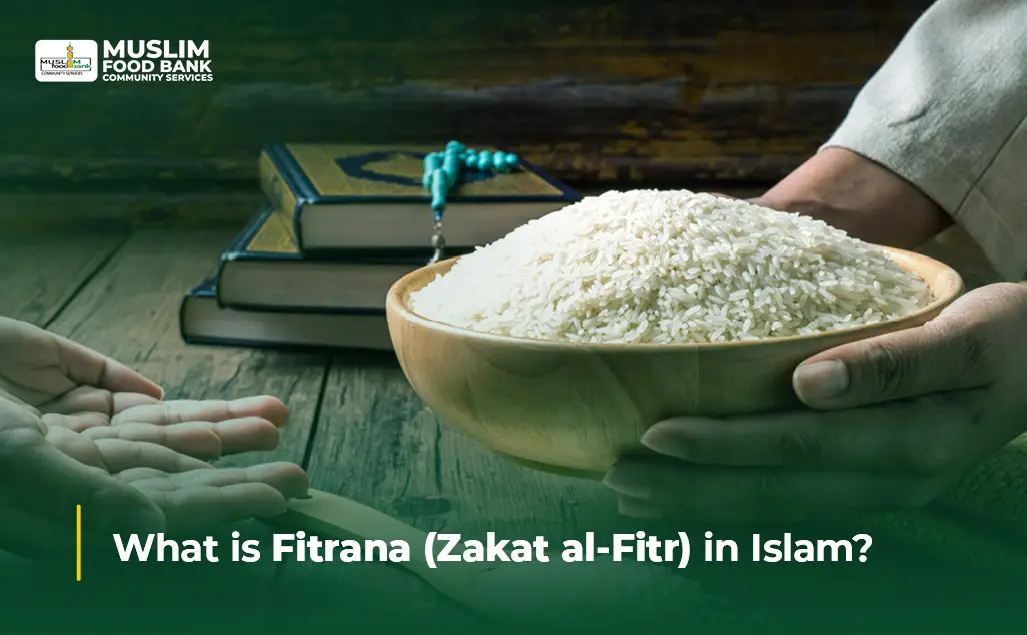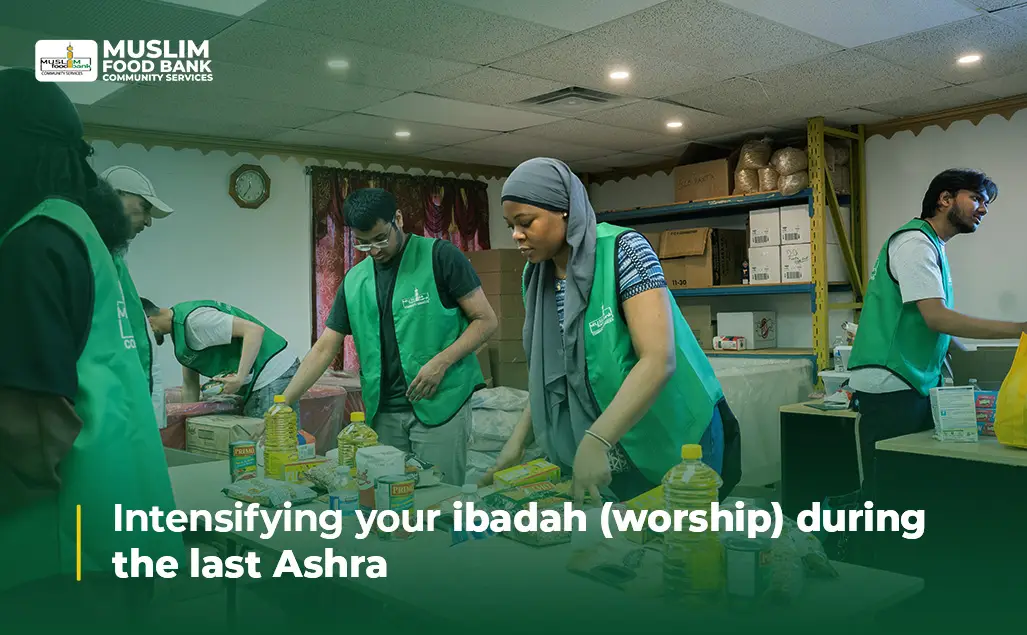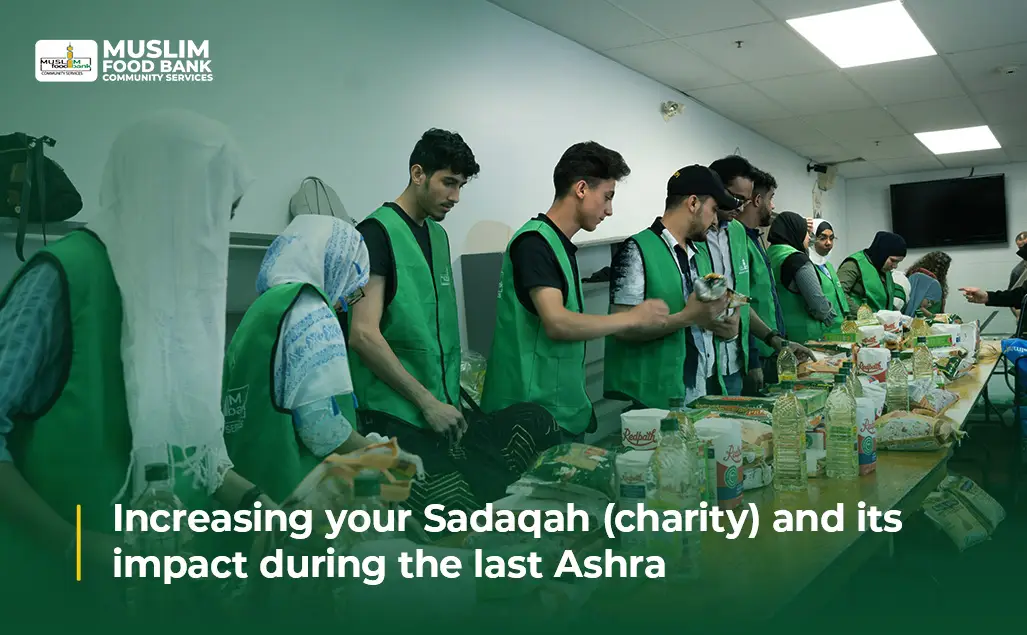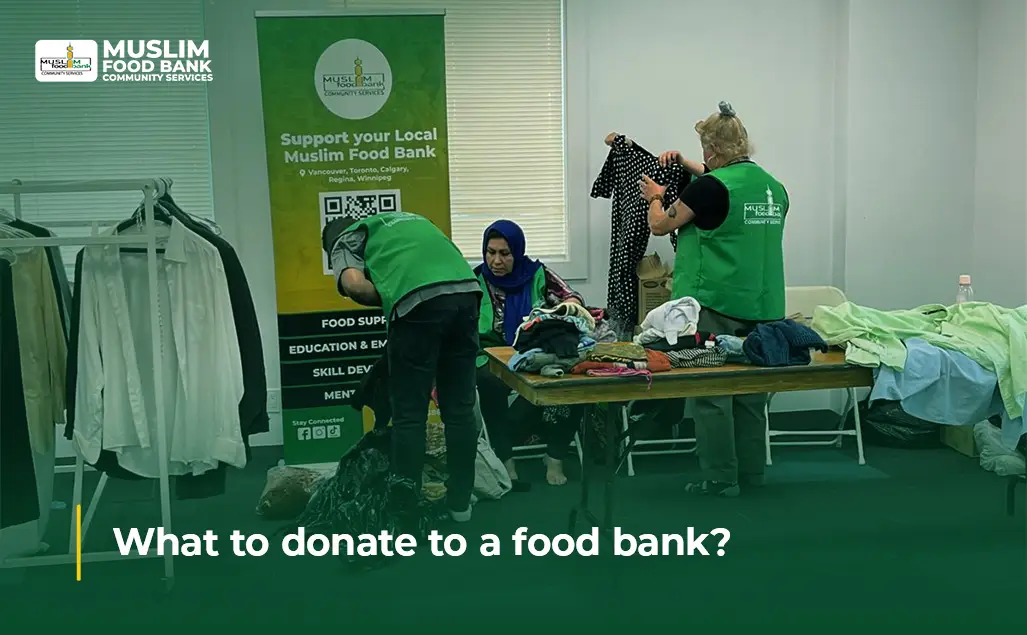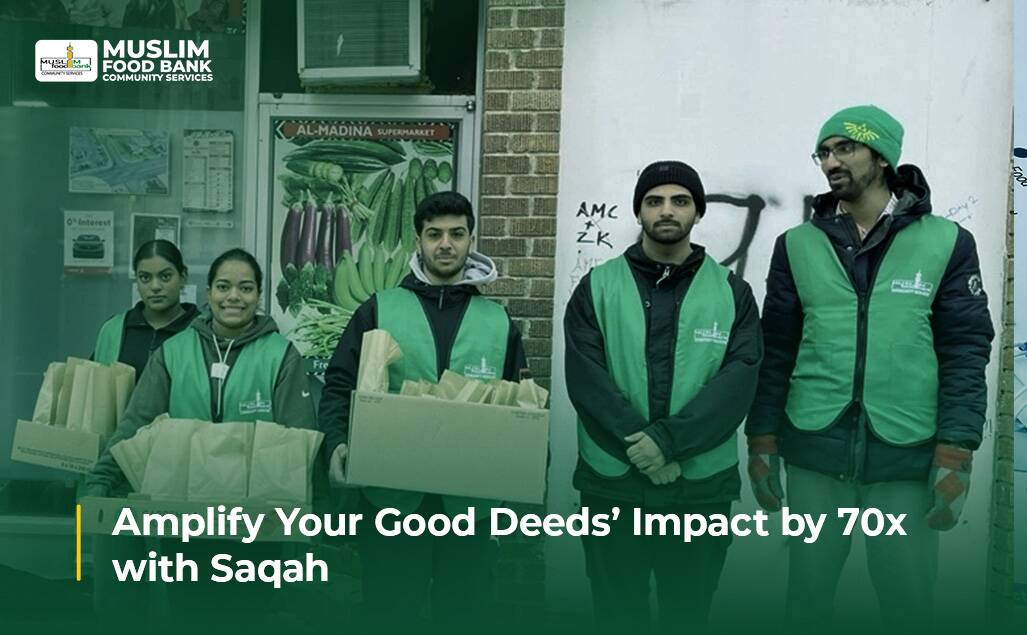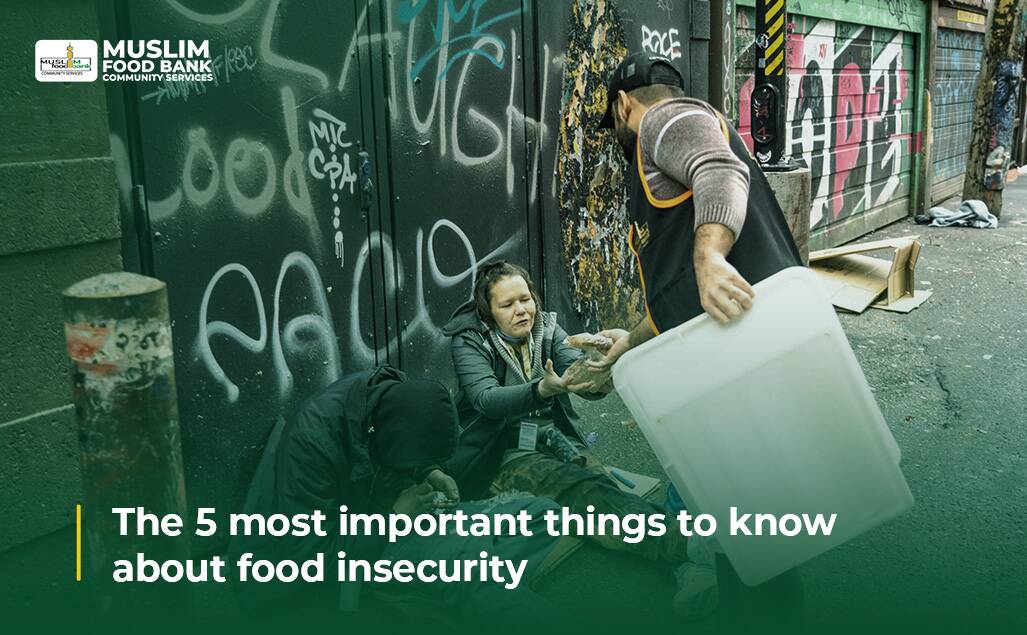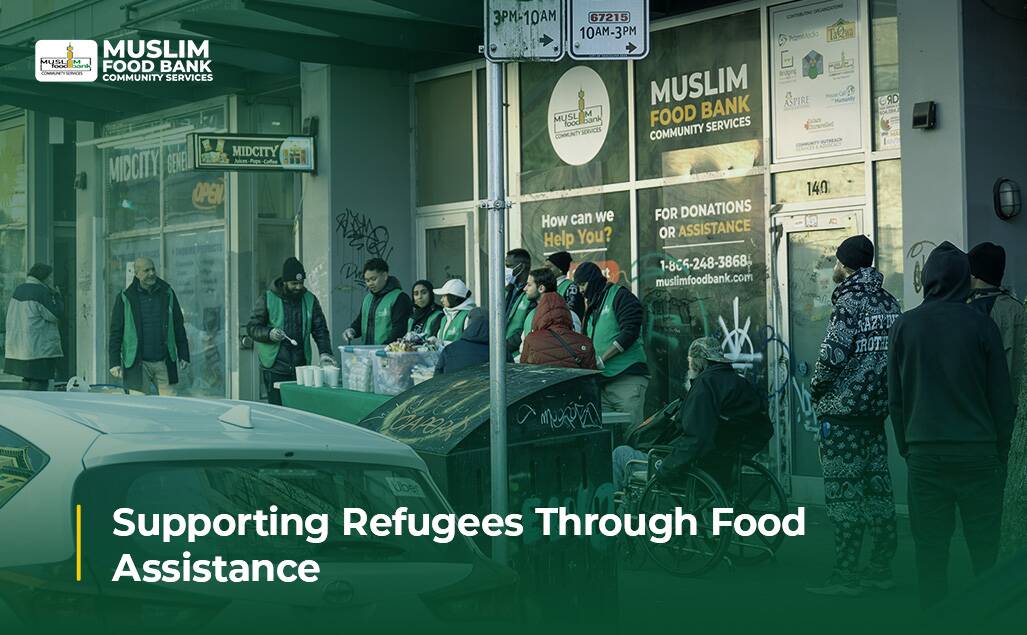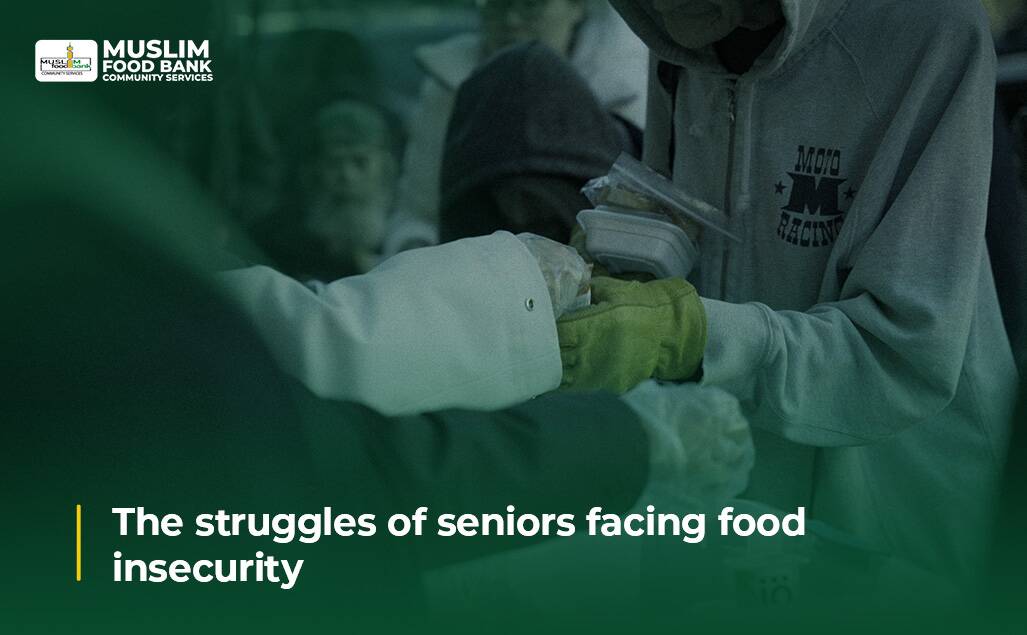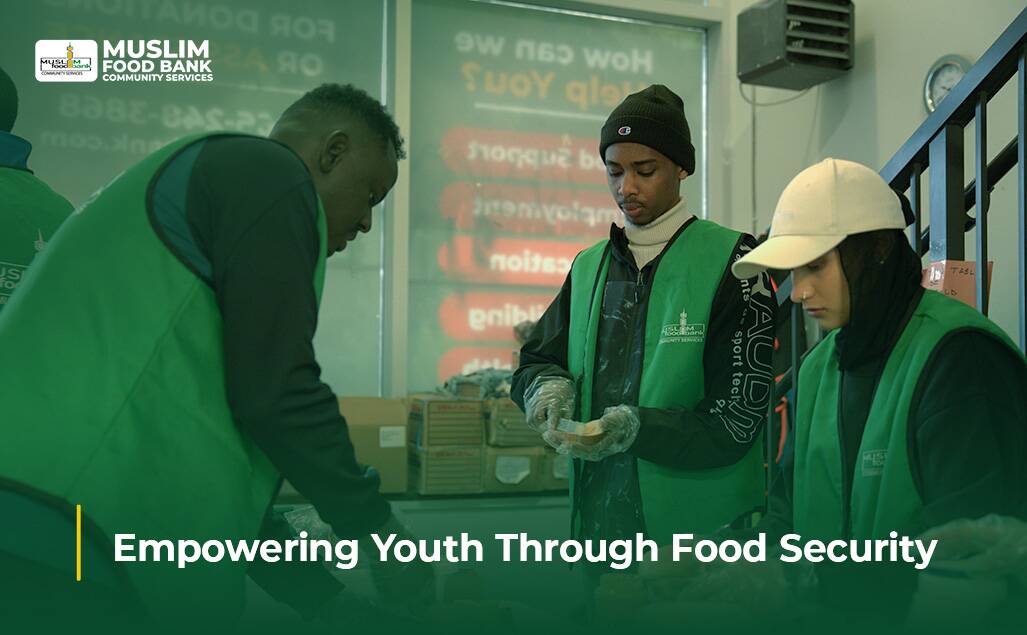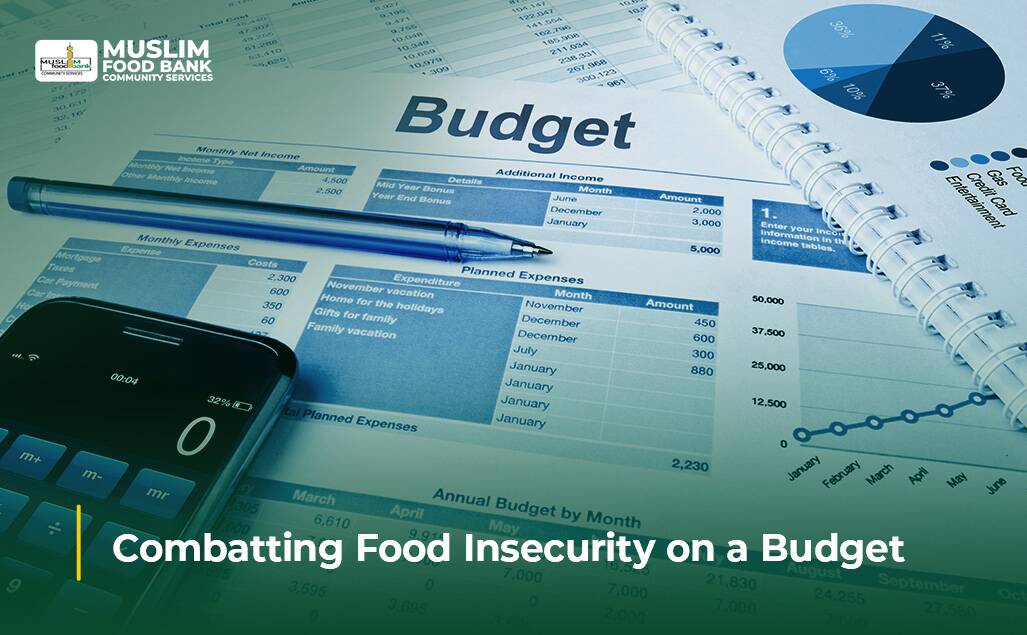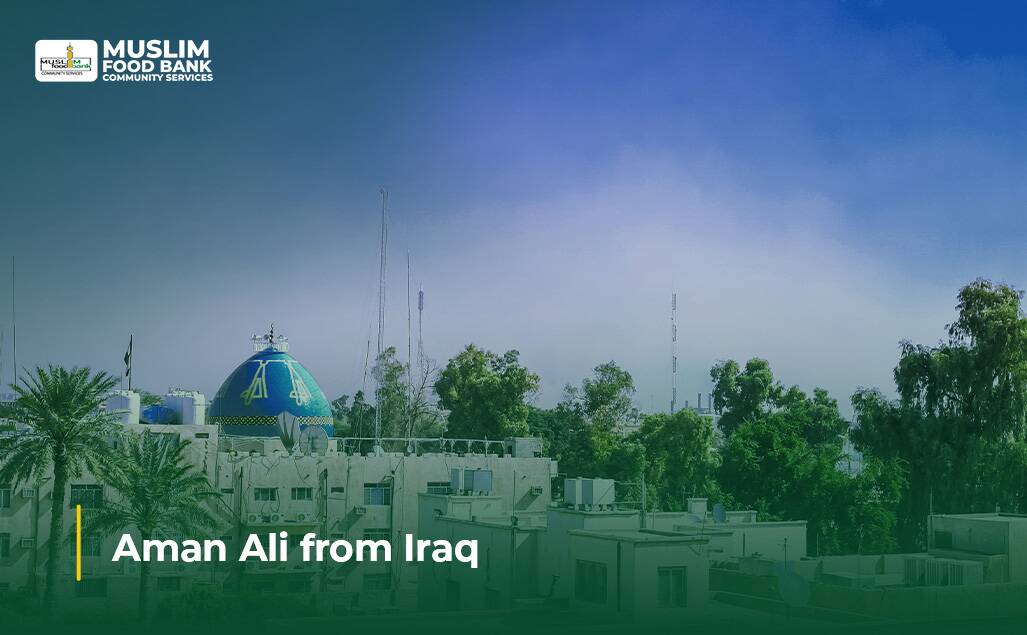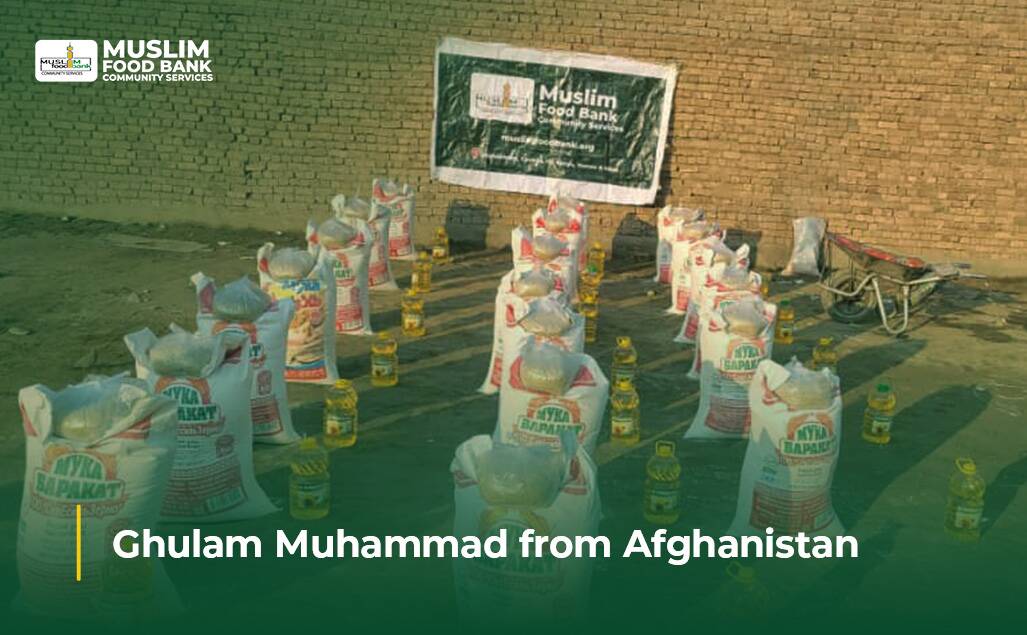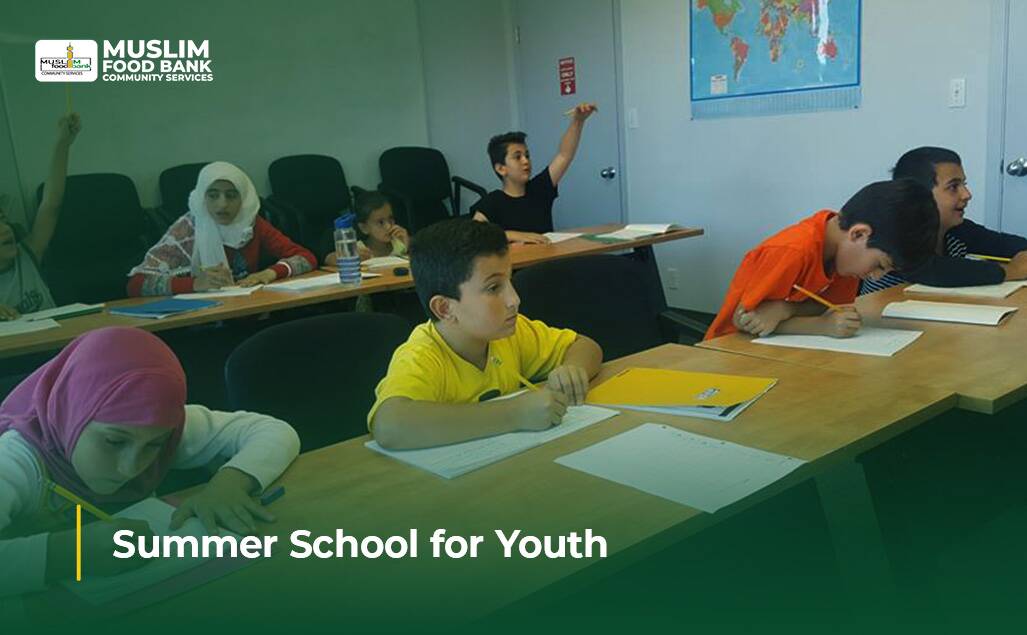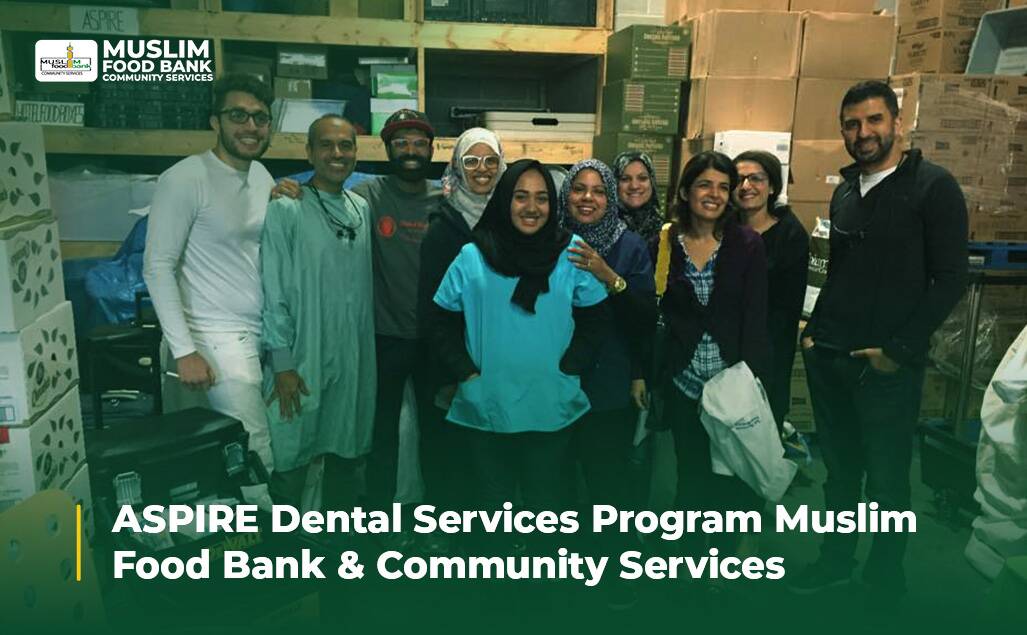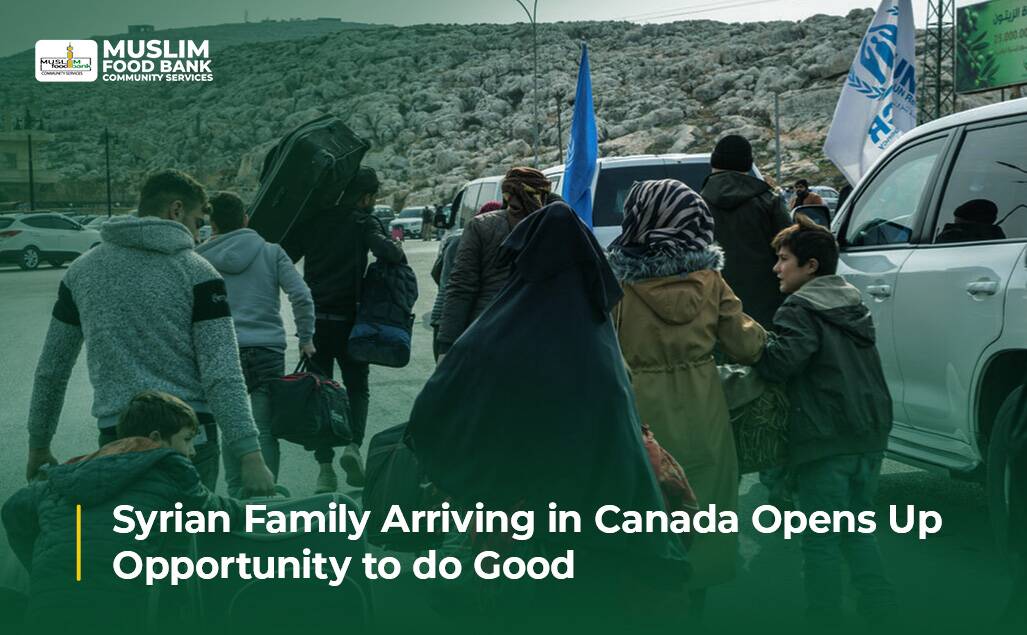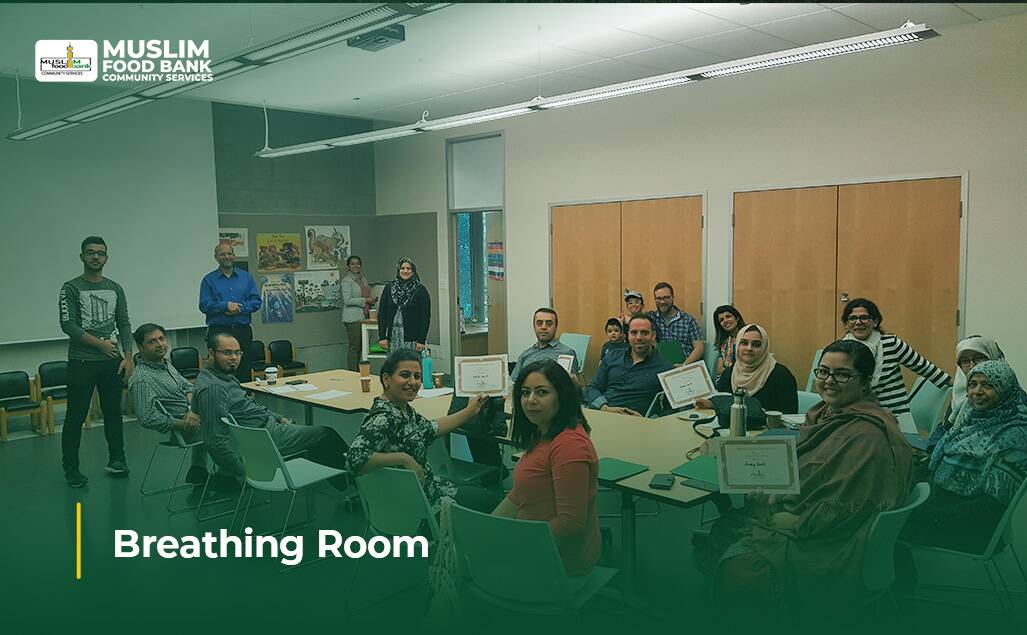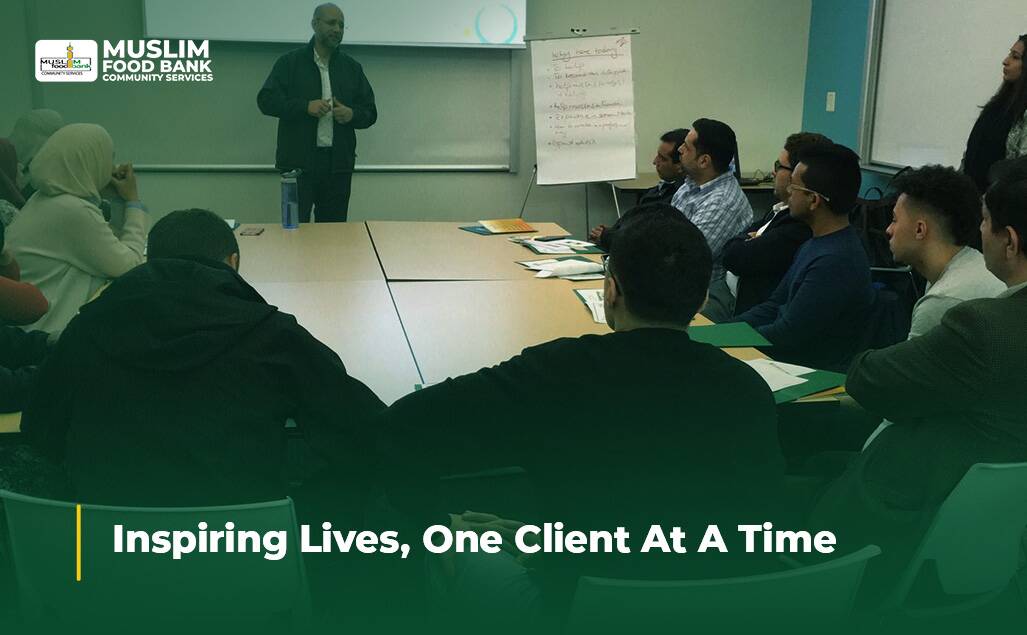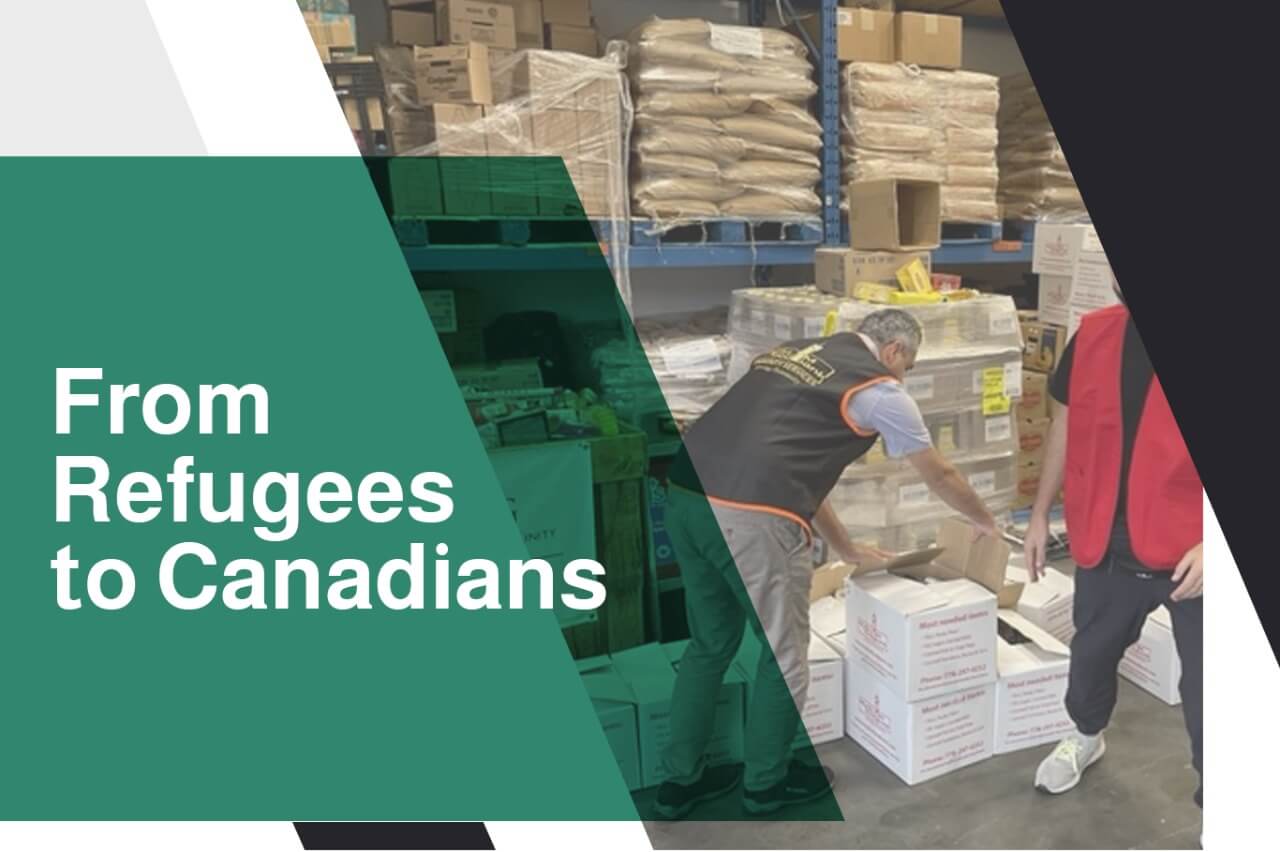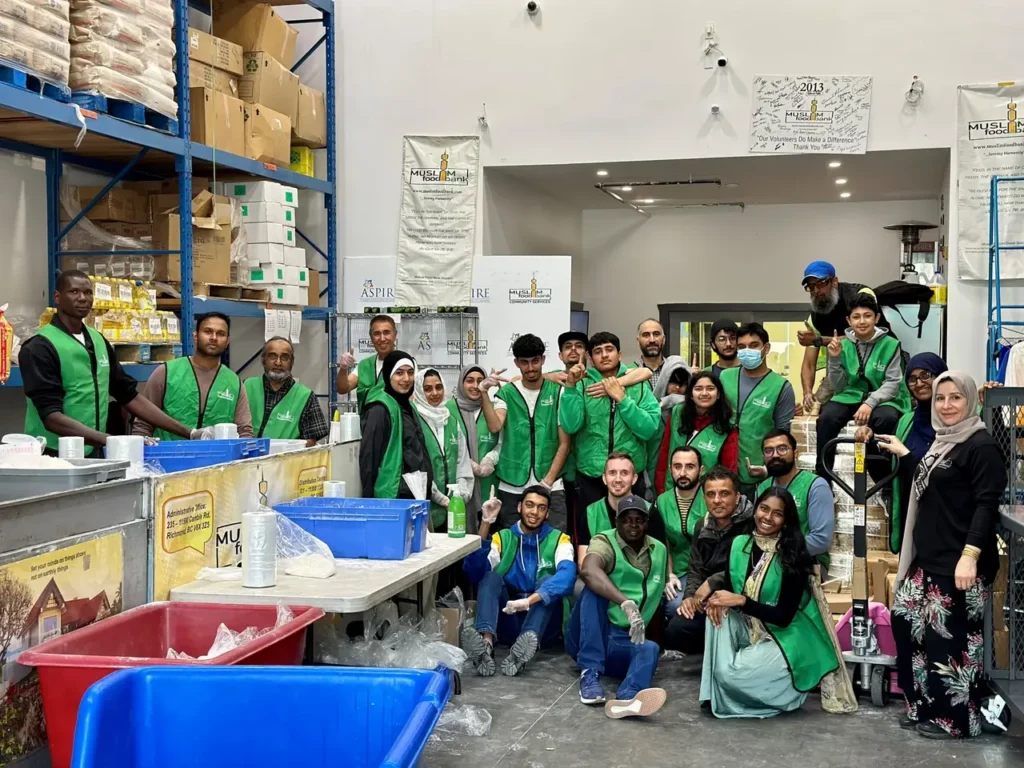When it comes to giving in Islam, two important forms of charity are Fidya and Zakat. While both serve to assist those in need, they differ in their purpose, calculation, and who is eligible to receive them. Understanding these differences can help you fulfill your religious obligations and maximize your impact on the community.
At Muslim Food Bank and Community Services, we make it easy for you to fulfill your Fidya and Zakat obligations, ensuring your contributions directly support those in need.
What is Zakat?
Zakat is a fundamental pillar of Islam, an obligatory charity required of every eligible Muslim. It is calculated at 2.5% of one’s savings and assets and is meant to purify wealth while uplifting the less fortunate.
Who Must Pay Zakat?
- Any Muslim whose wealth exceeds the Nisab (minimum threshold, approximately the value of 85g of gold or 595g of silver) for one lunar year.
- Adults of sound mind who own assets beyond their basic needs.
Who Can Receive Zakat?
According to the Quran (9:60), Zakat can be given to eight categories of people, including:
- The poor and needy
- Those in debt
- Travelers in distress
- Those striving in the cause of Allah
What is Fidya?
Fidya is a compensatory payment made when someone is unable to fast during Ramadan due to illness, old age, or other valid reasons, and they cannot make up the missed fasts later.
How is Fidya Calculated?
The Fidya amount is the cost of feeding one poor person per missed fast. This amount varies depending on the cost of food in your region.
For example, at Muslim Food Bank and Community Services, the current Fidya rate is approximately $15 per missed fast. However, this may vary based on food prices, so always check with your local Islamic authority.
Who Can Receive Fidya?
Fidya is distributed to the poor and needy, particularly those struggling with food insecurity. Your Fidya contributions through Muslim Food Bank go directly to providing meals for vulnerable families.
Key Differences Between Zakat and Fidya
[table id=5 /]
How You Can Pay Your Fidya & Zakat Through Muslim Food Bank
At Muslim Food Bank and Community Services, we ensure that your Fidya and Zakat donations are used effectively to support those most in need.
- Zakat Donations: Support struggling families, refugees, and those facing financial hardship.
- Fidya Payments: Provide essential meals to food-insecure individuals during Ramadan and beyond.
You can conveniently donate online through our secure donation portal, ensuring your funds are distributed efficiently and in accordance with Islamic principles.
Frequently Asked Questions
Q: Can I give Fidya for someone else?
A: Yes, you can pay Fidya on behalf of someone who is unable to fast due to illness or age.
Q: Can Fidya be given in cash instead of food?
A: While traditional Fidya is food-based, many organizations (including Muslim Food Bank) distribute meals on behalf of donors. Your monetary donation is used to provide food directly.
Q: Do I have to pay Zakat every year?
A: Yes, if your wealth exceeds the Nisab for a full lunar year, Zakat is due annually.
Q: What happens if I delay my Fidya payment?
A: It is best to pay Fidya as soon as possible to ensure meals reach those in need, especially during Ramadan.
Q: Can I give Zakat to a family member?
A: You cannot give Zakat to direct dependents like parents or children, but you can give to extended family members who qualify.
